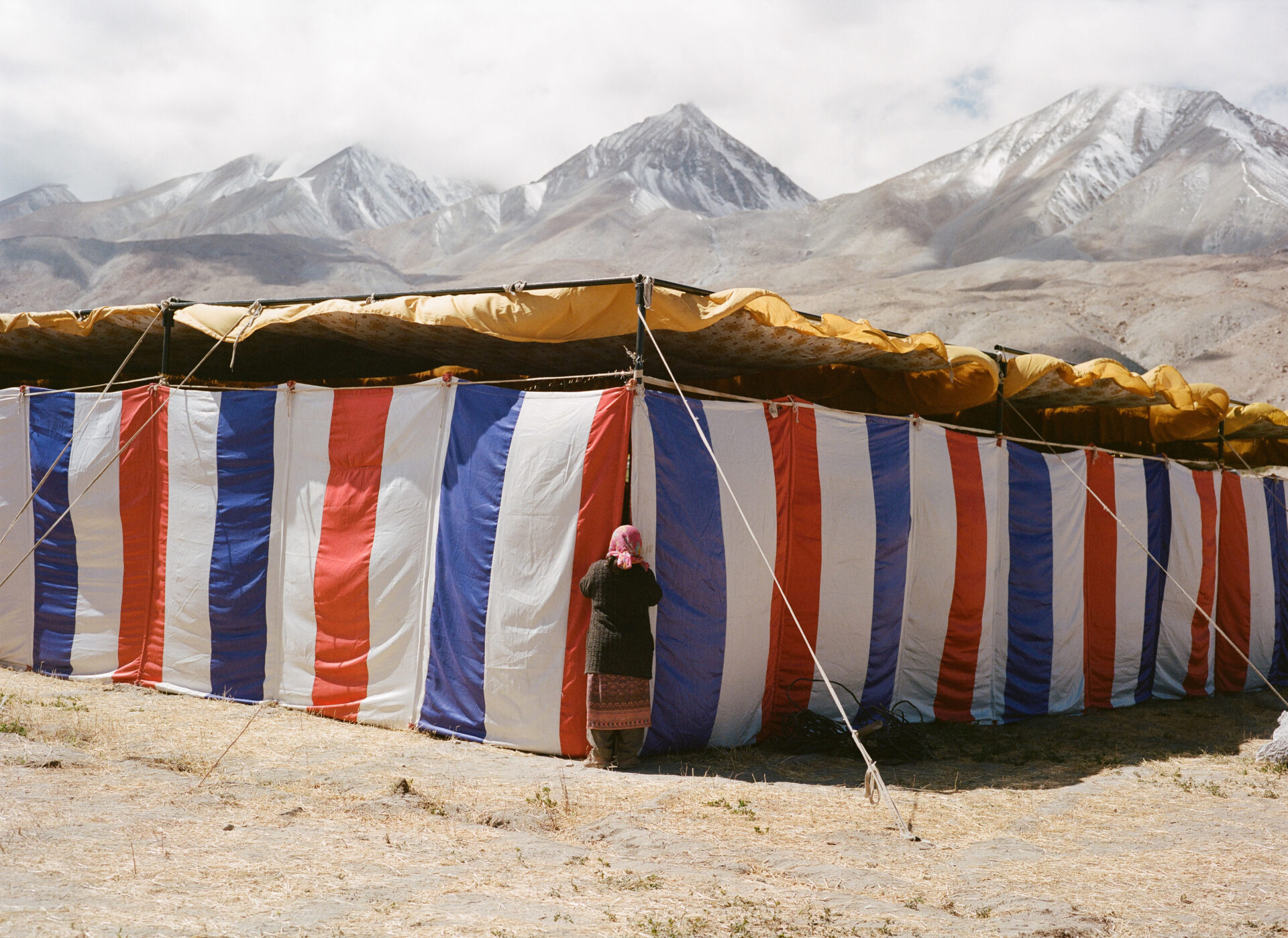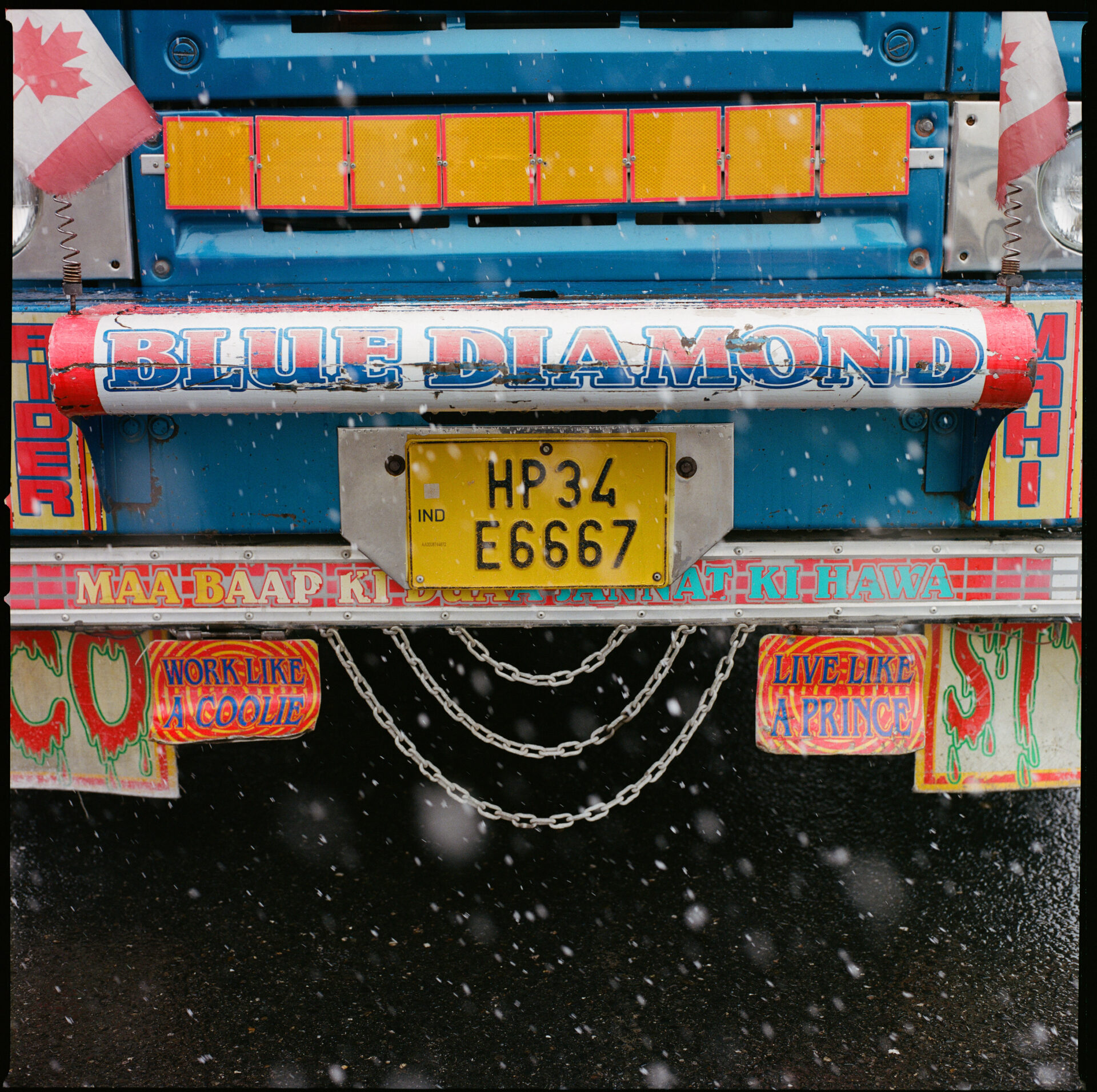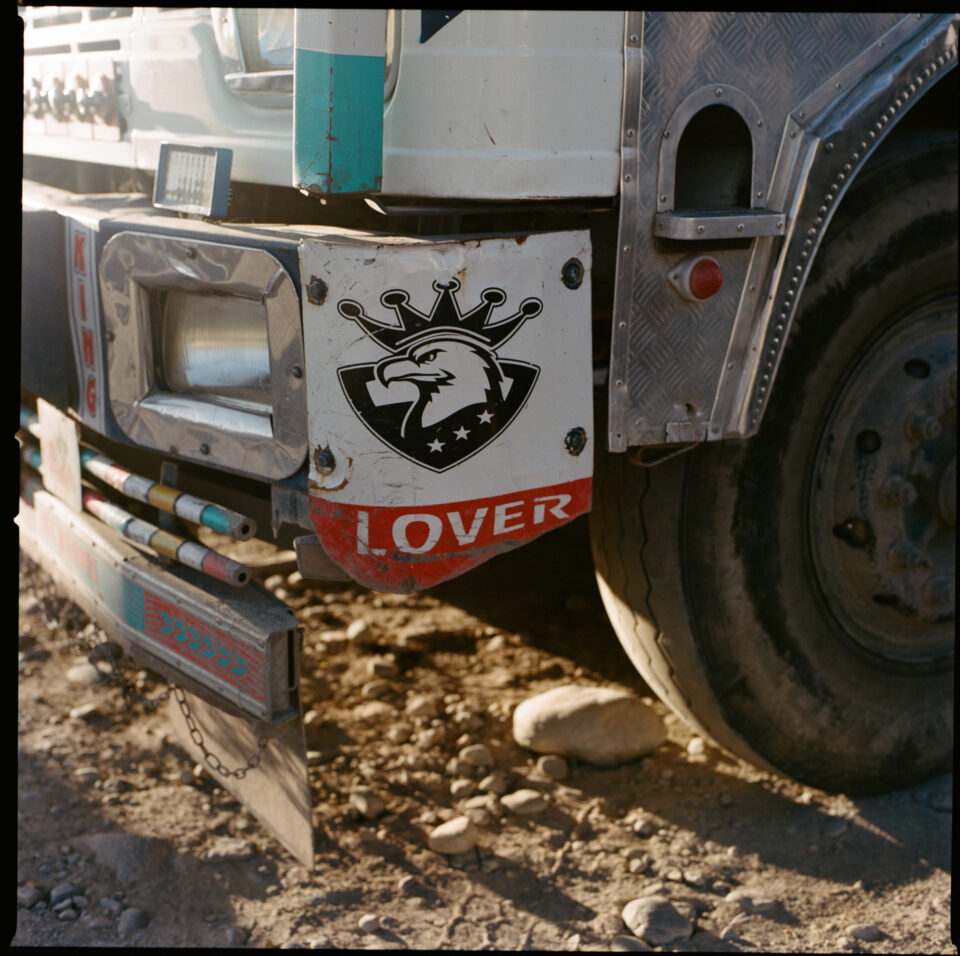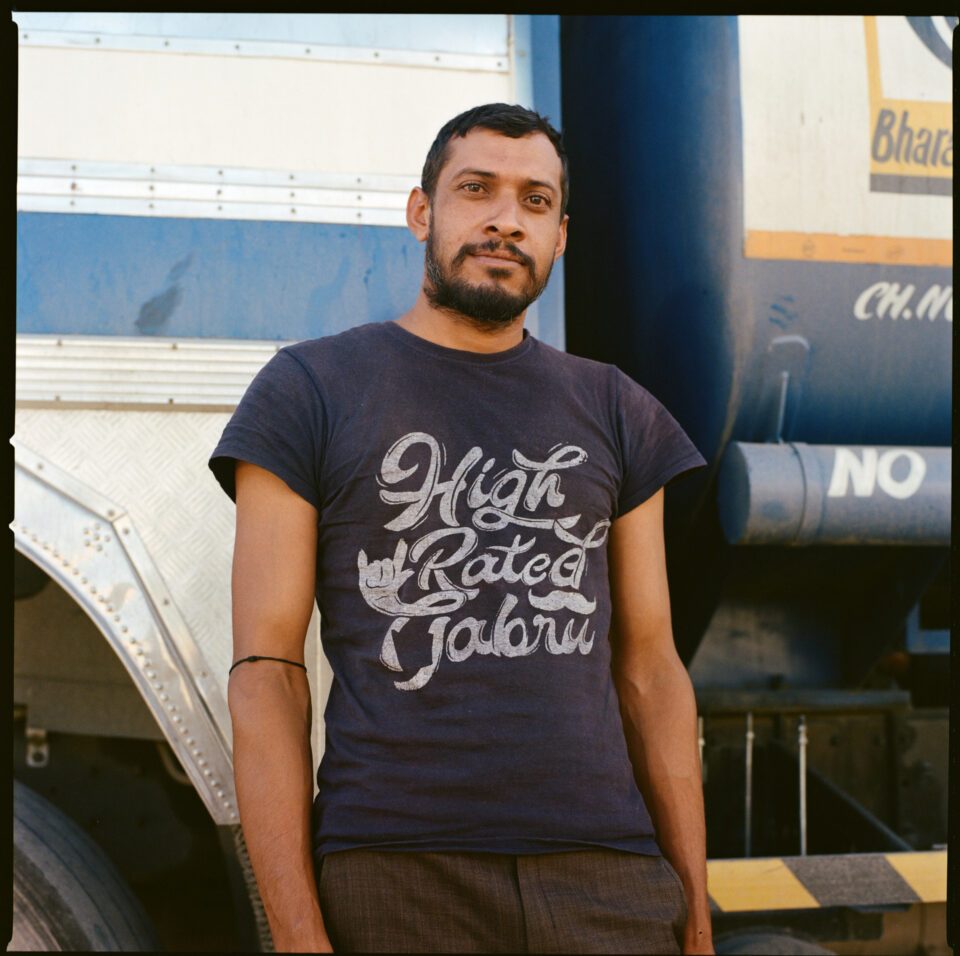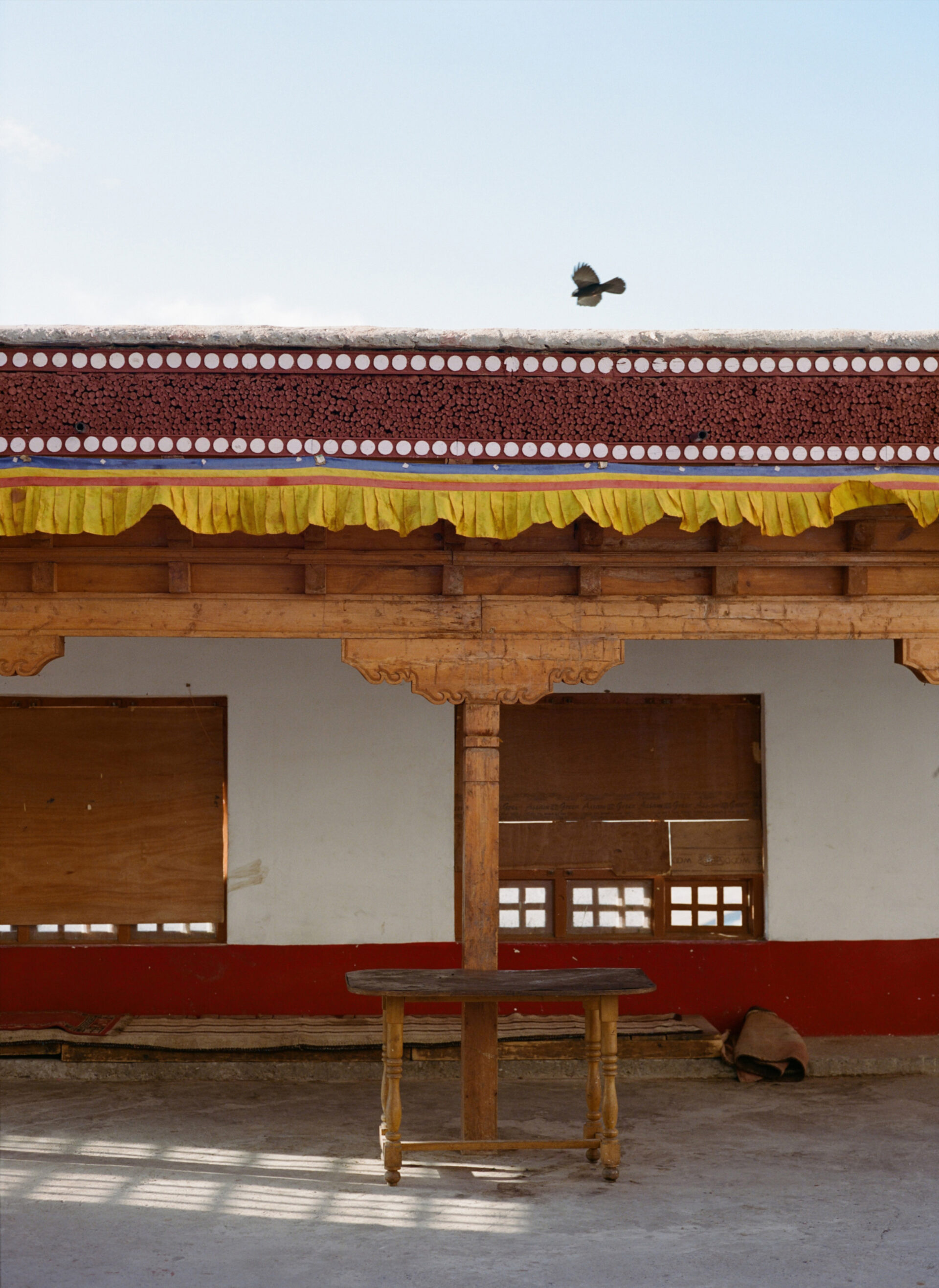
Ki Ki So So Lhargyalo
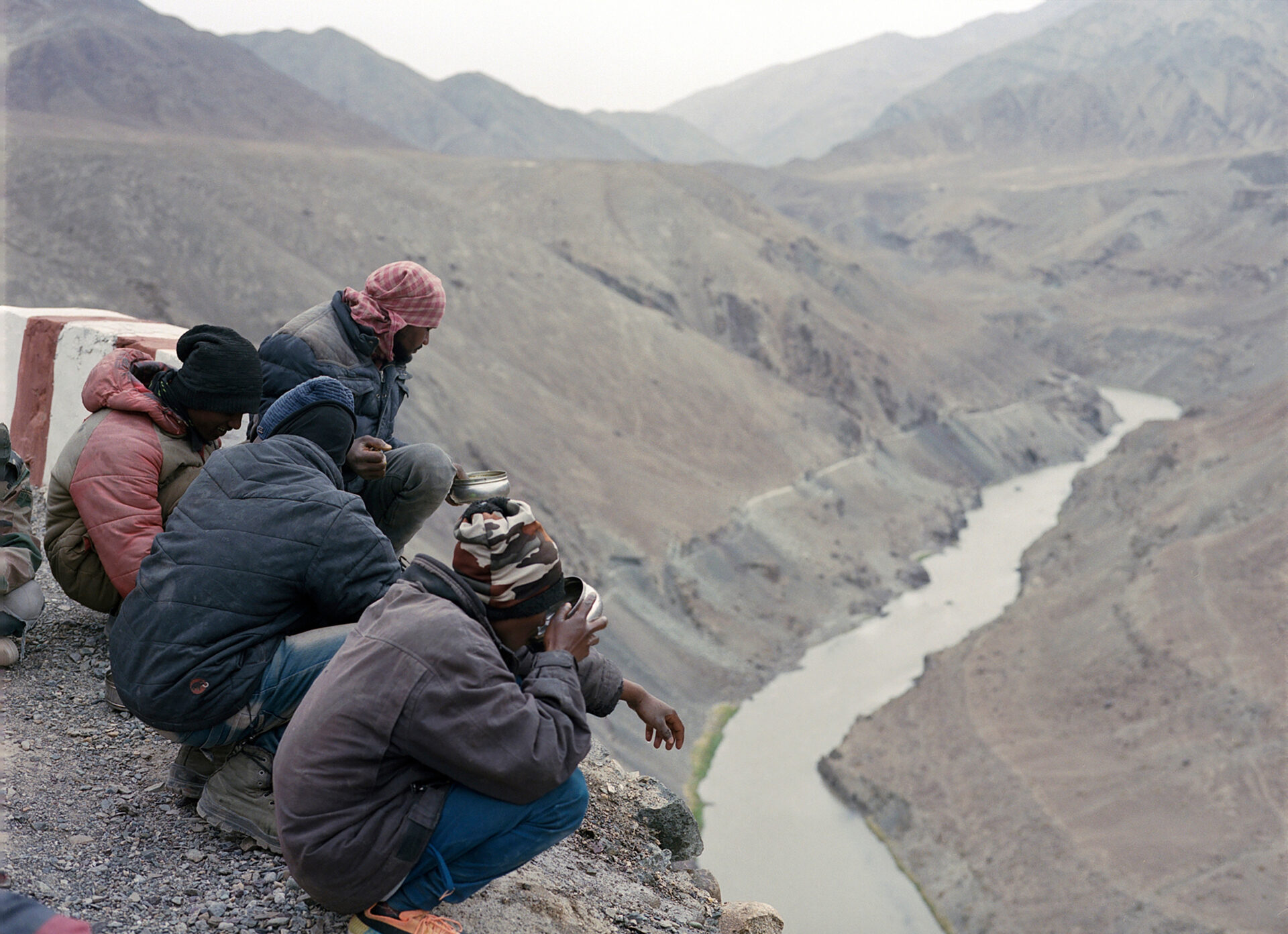
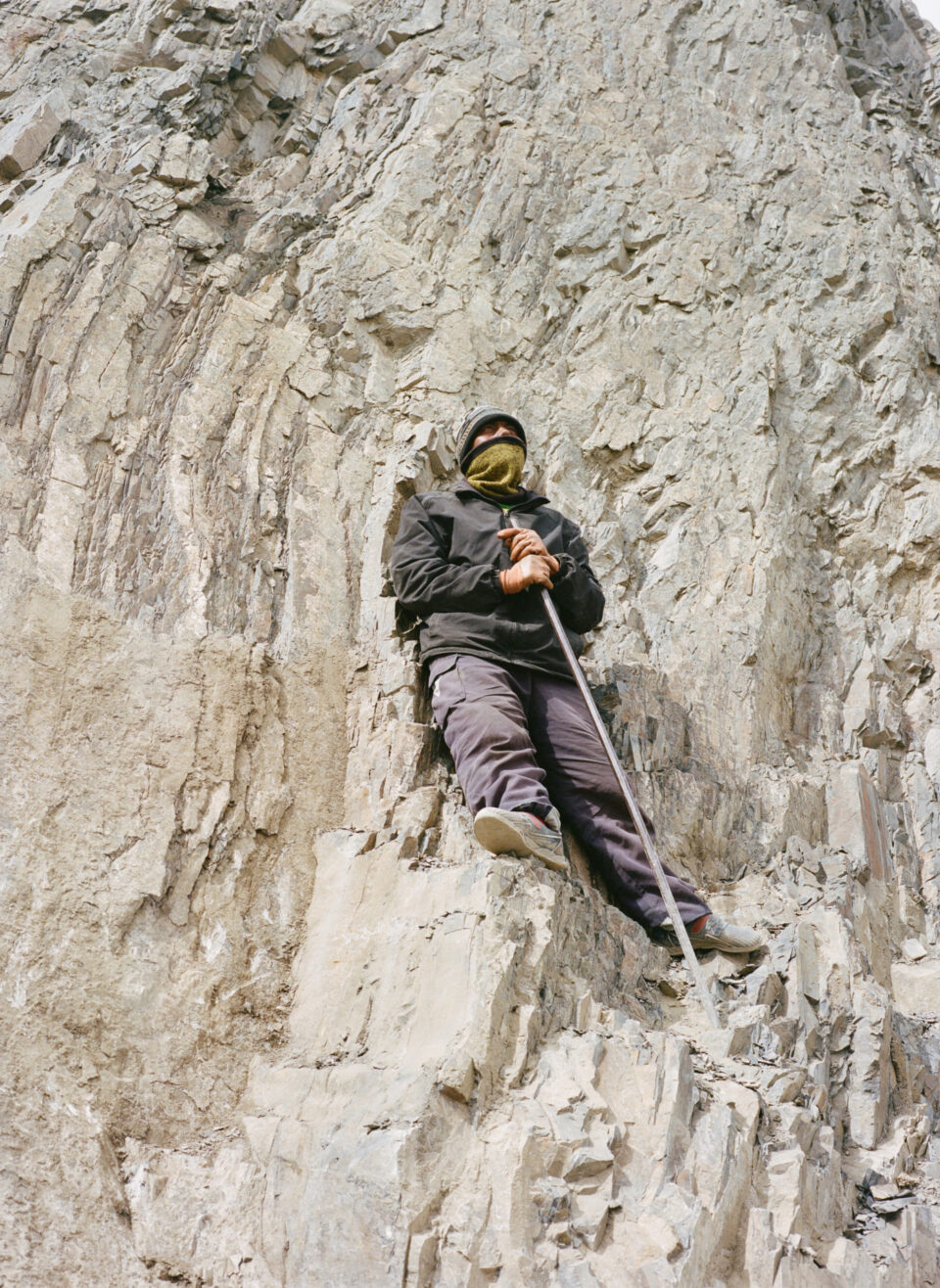
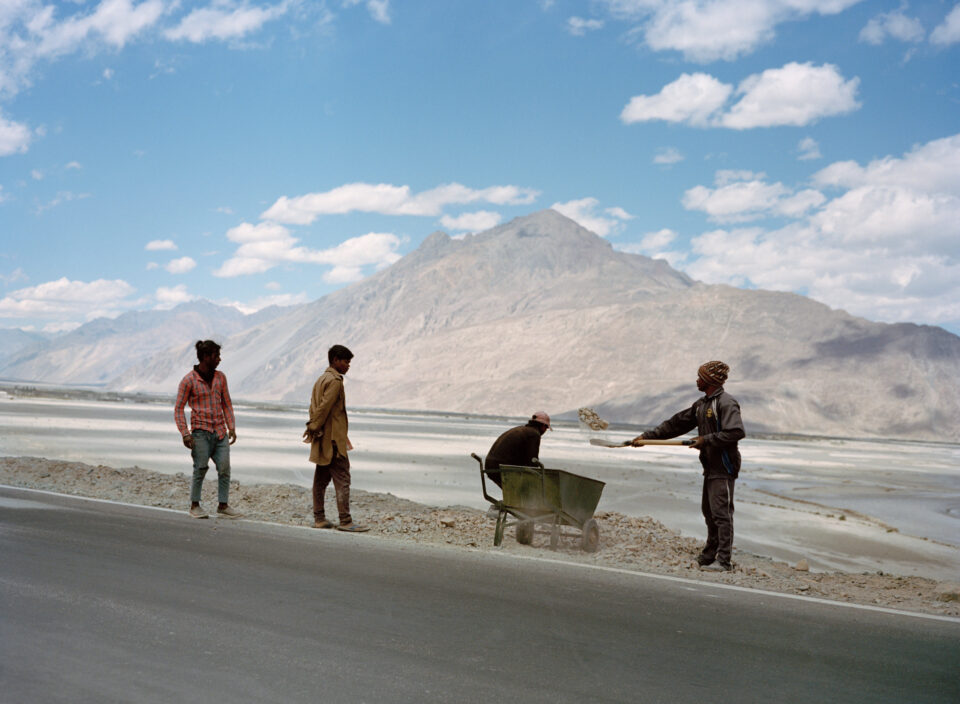
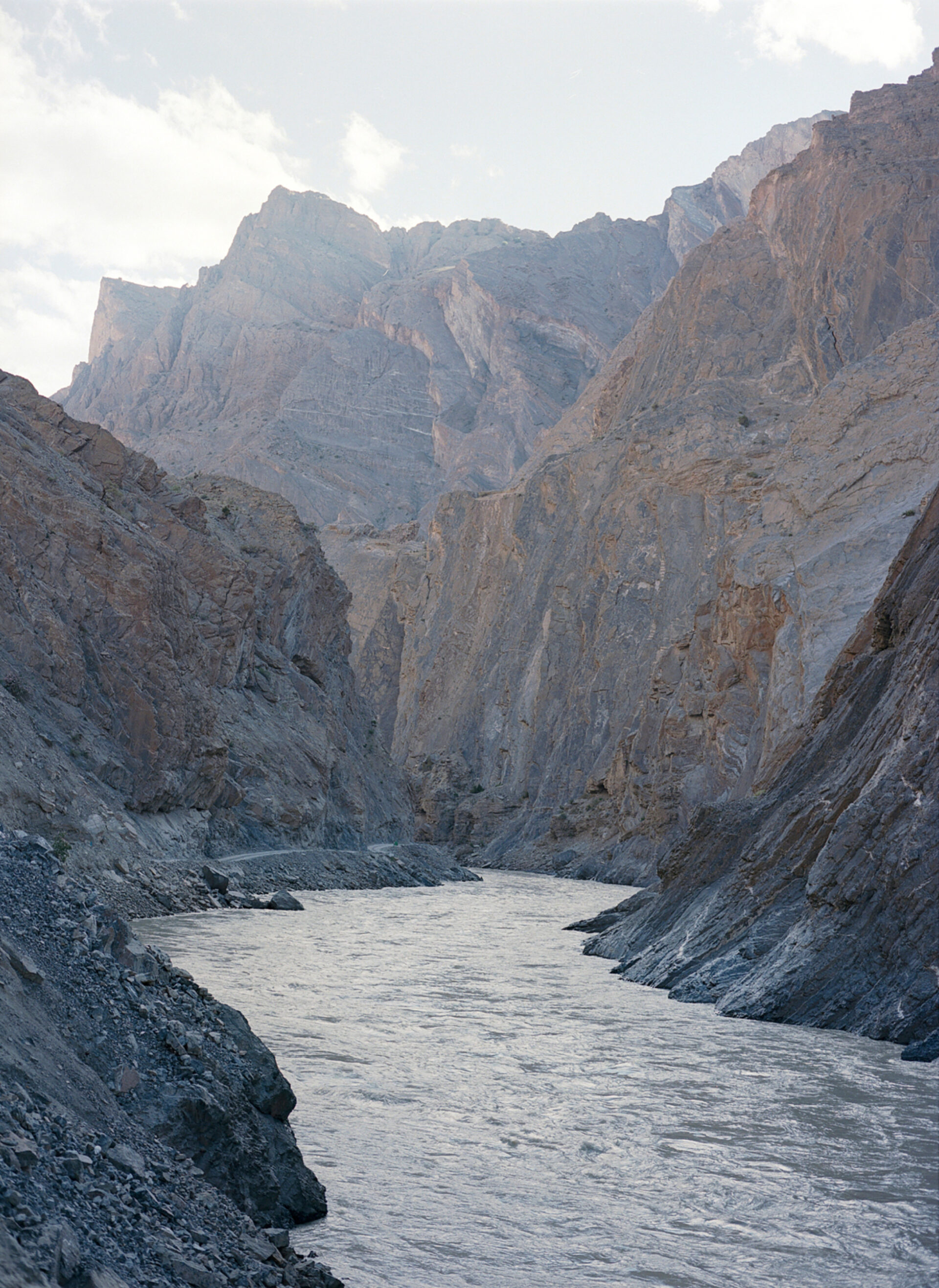
In Ki Ki So So Lha Gyalo, I explore how the people of Ladakh, a remote Himalayan region in northern India, navigate a rapidly transforming world.
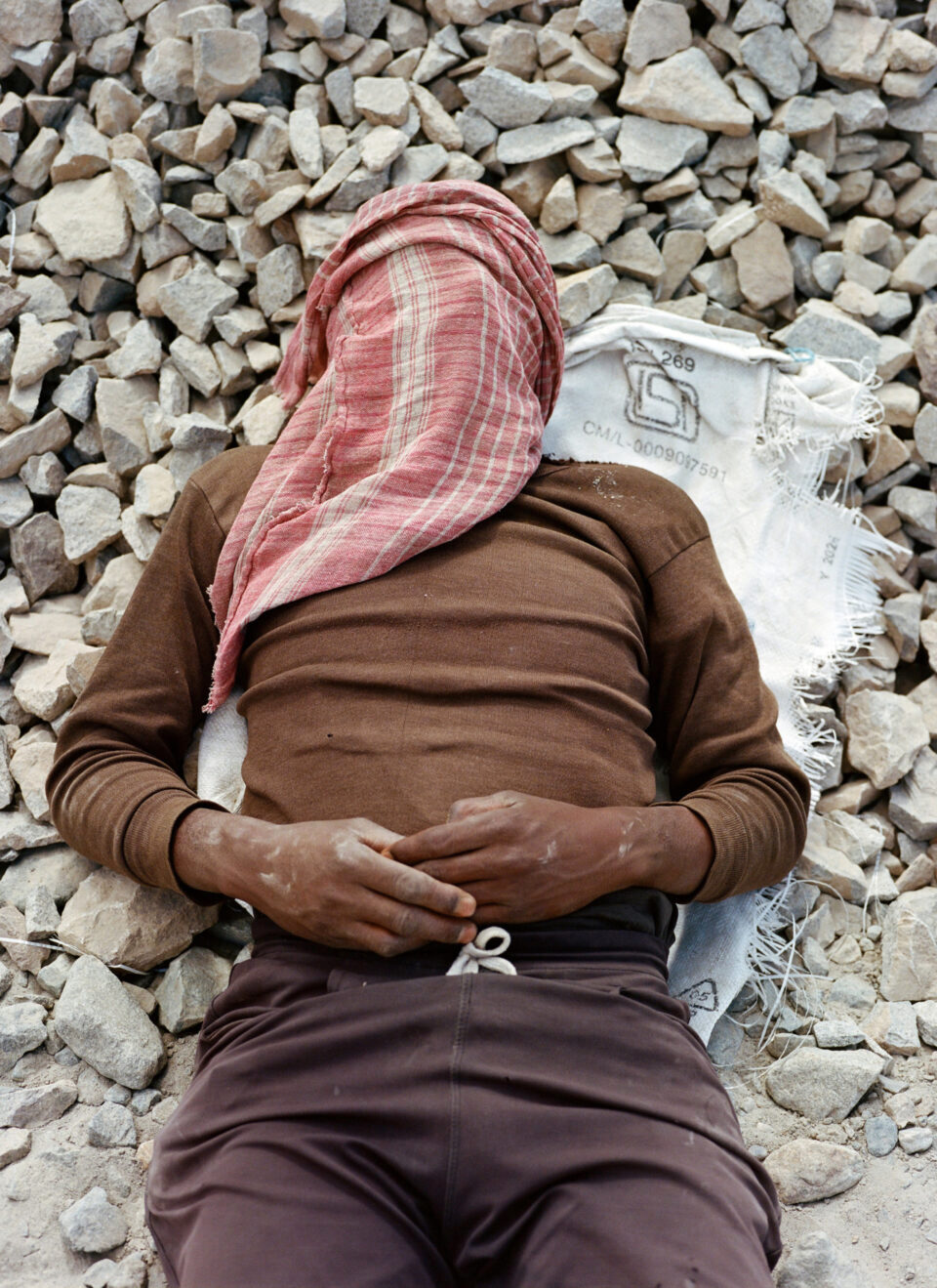
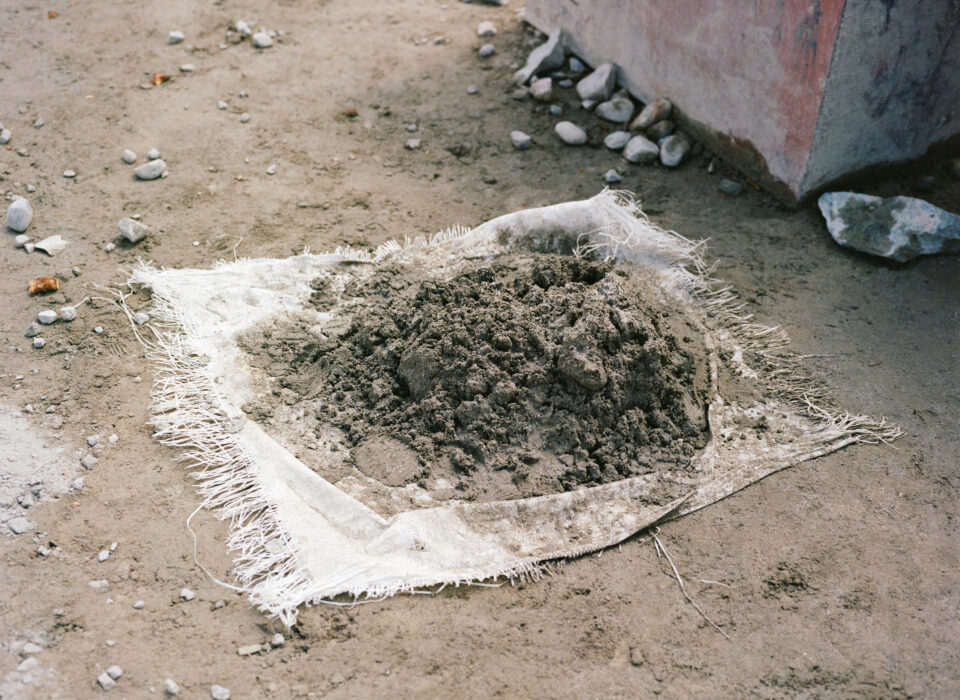
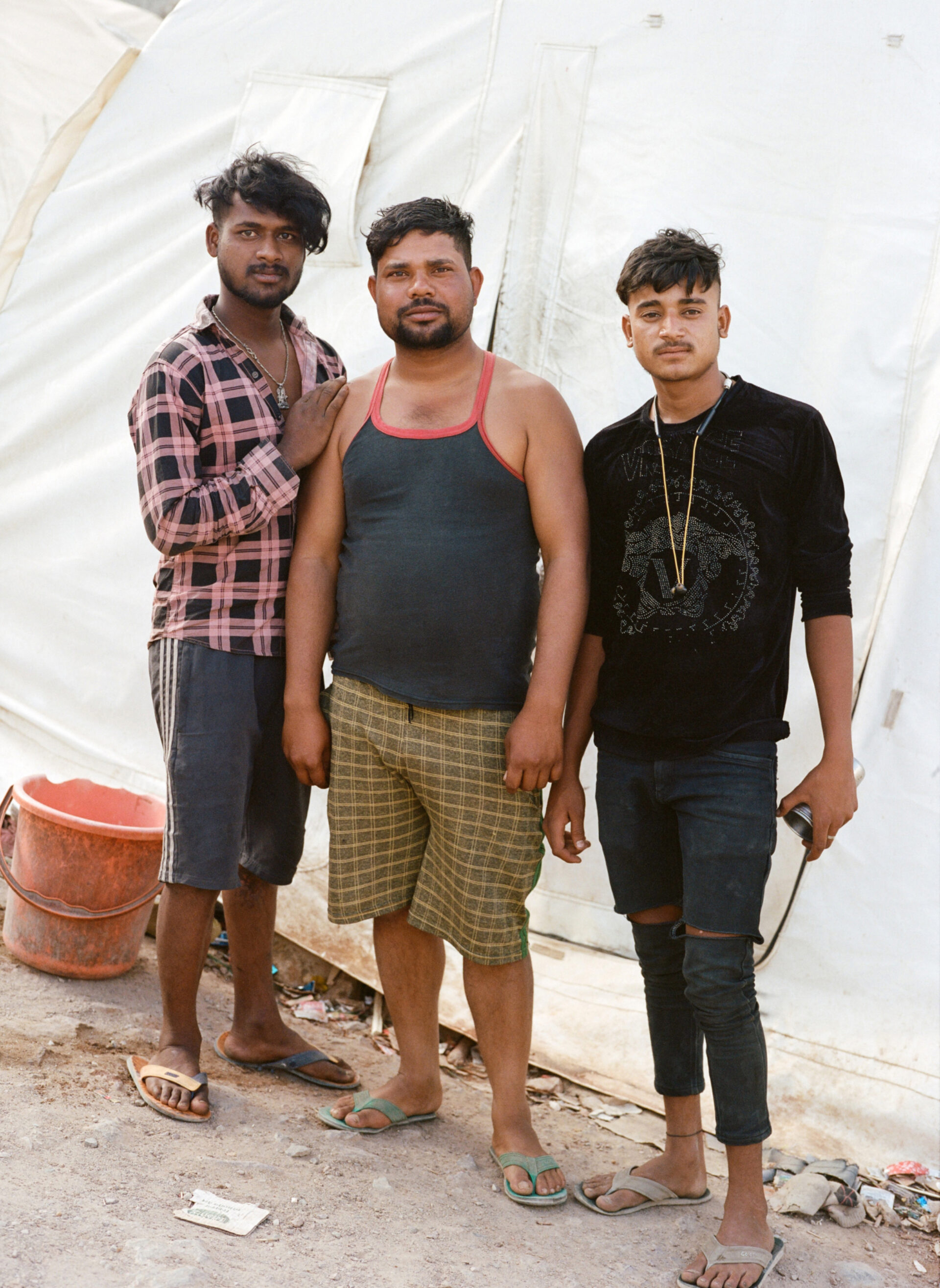
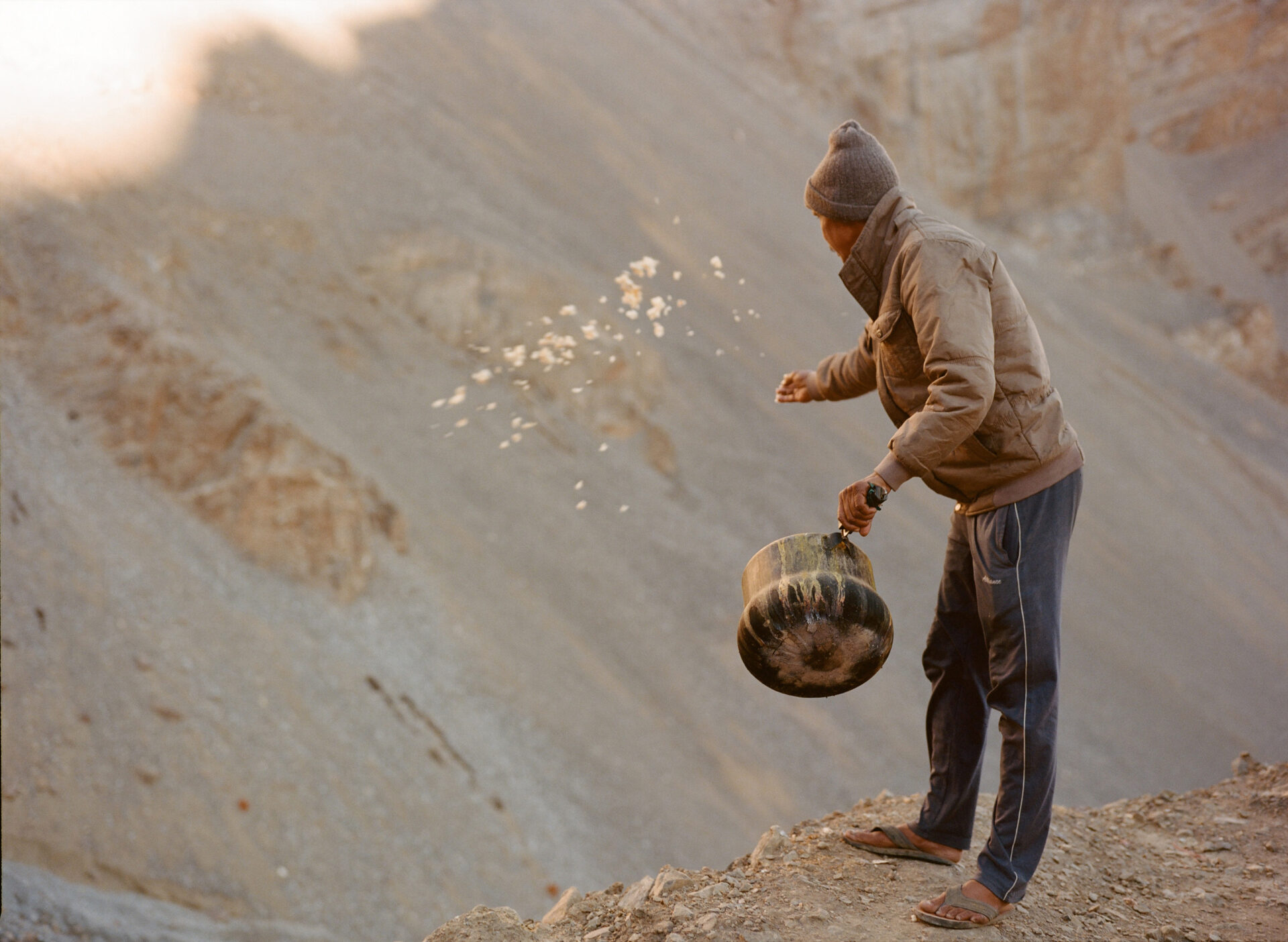
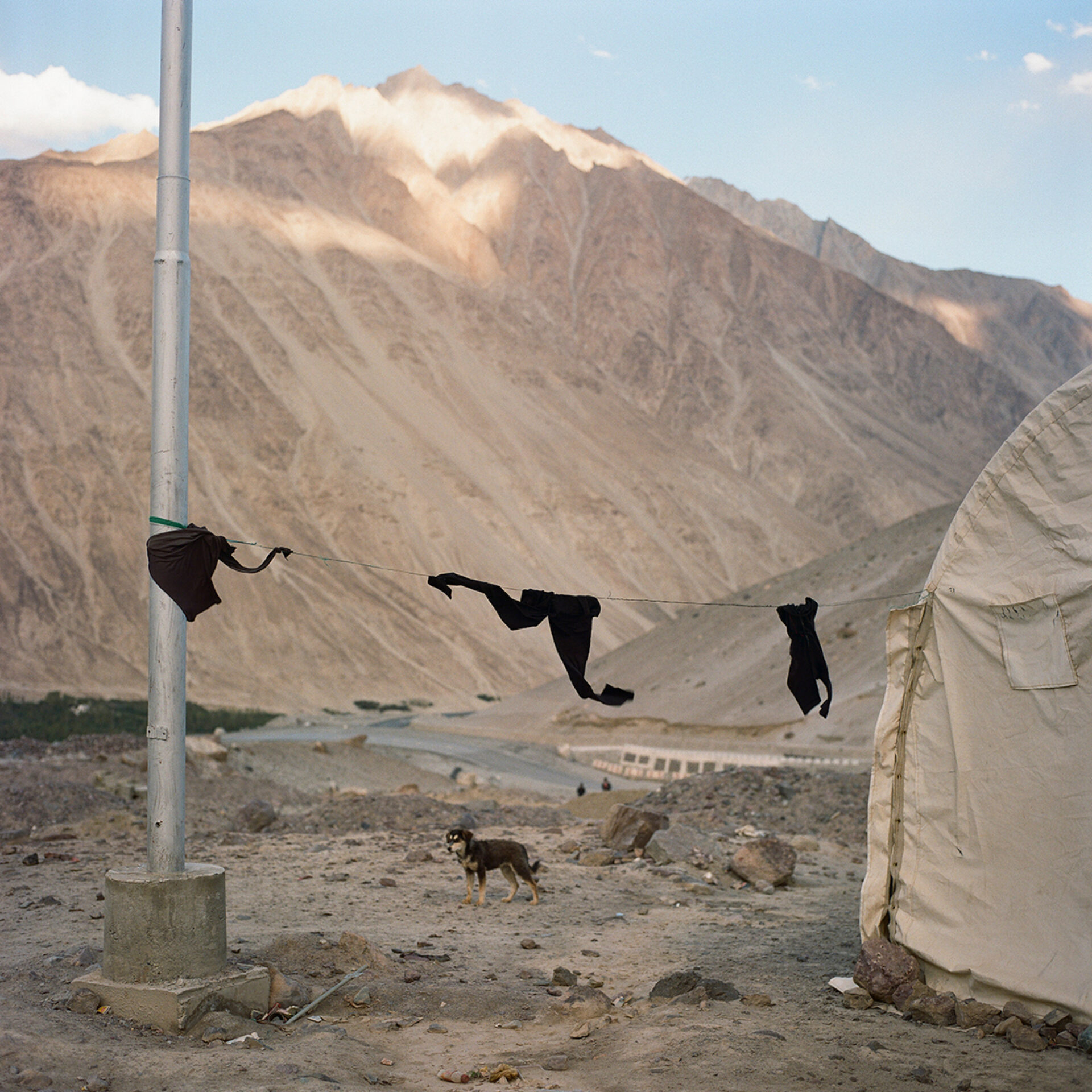
Rooted in Tibetan Buddhist tradition, Ladakh now faces mounting challenges: melting glaciers, shifting livelihoods, military presence, and the weight of globalization. Yet amid these pressures, I’ve found quiet resilience — from monks tending small trees with reverence, to nomads moving through an evolving landscape, grounded in tradition.
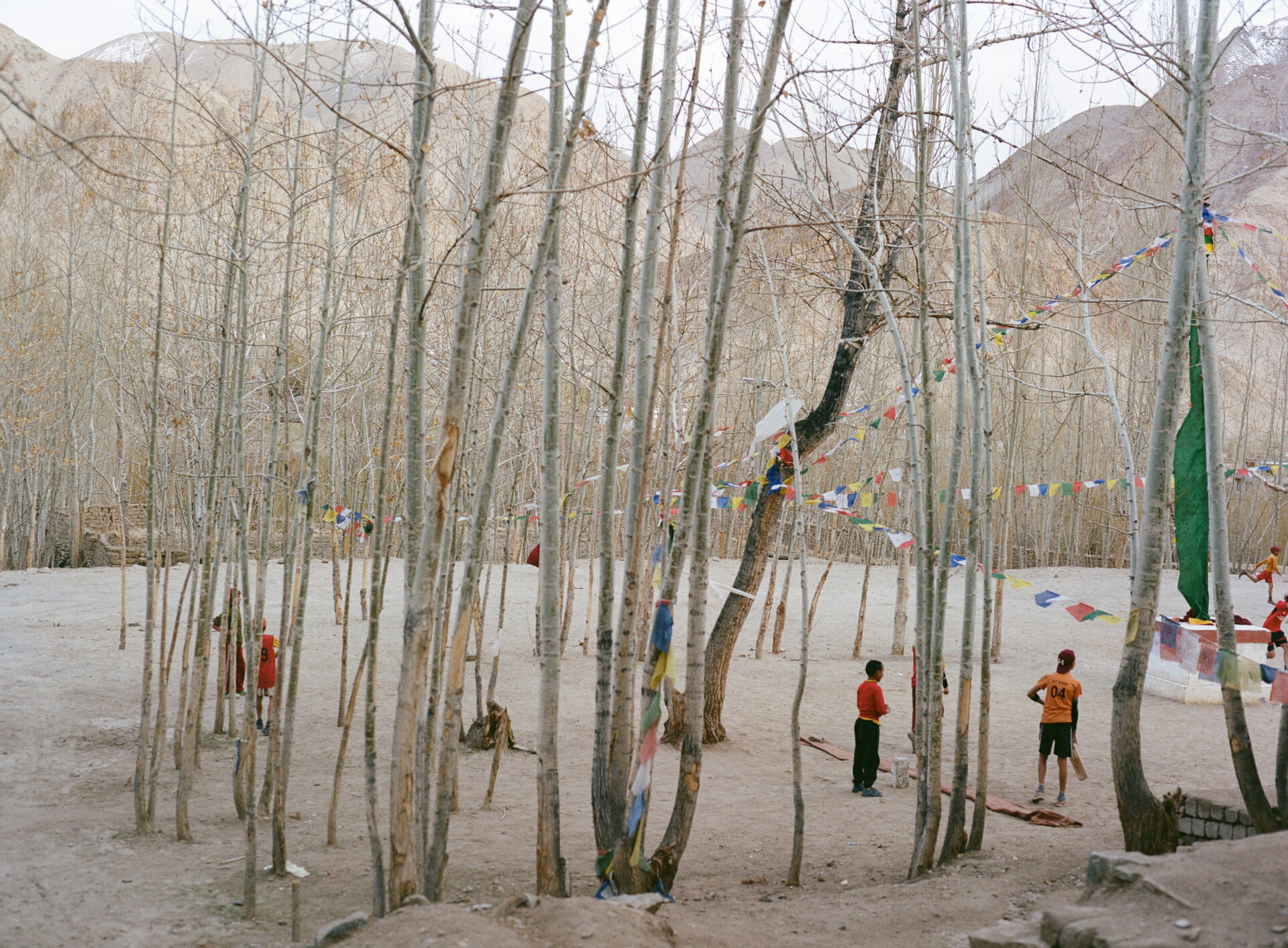
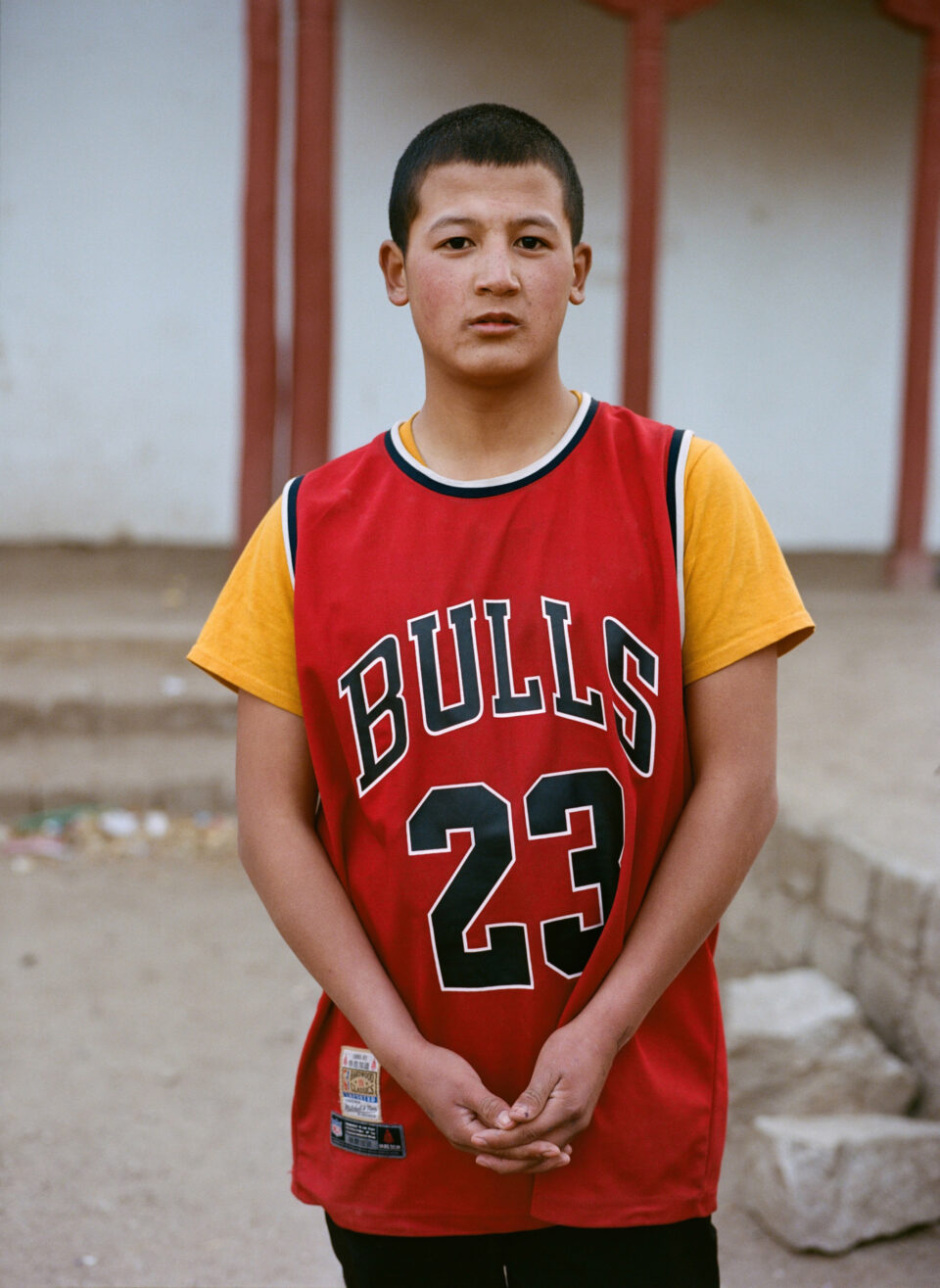
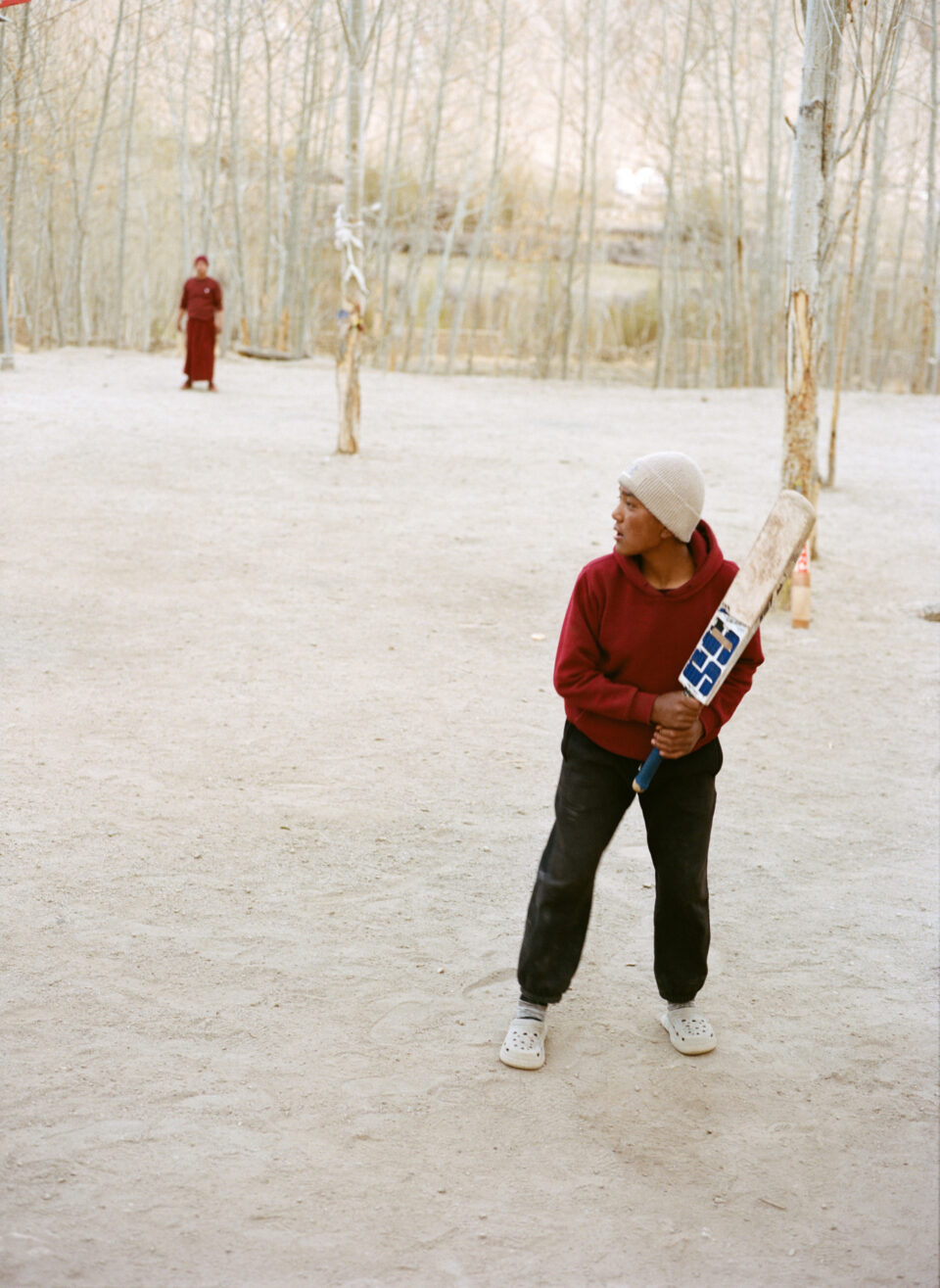
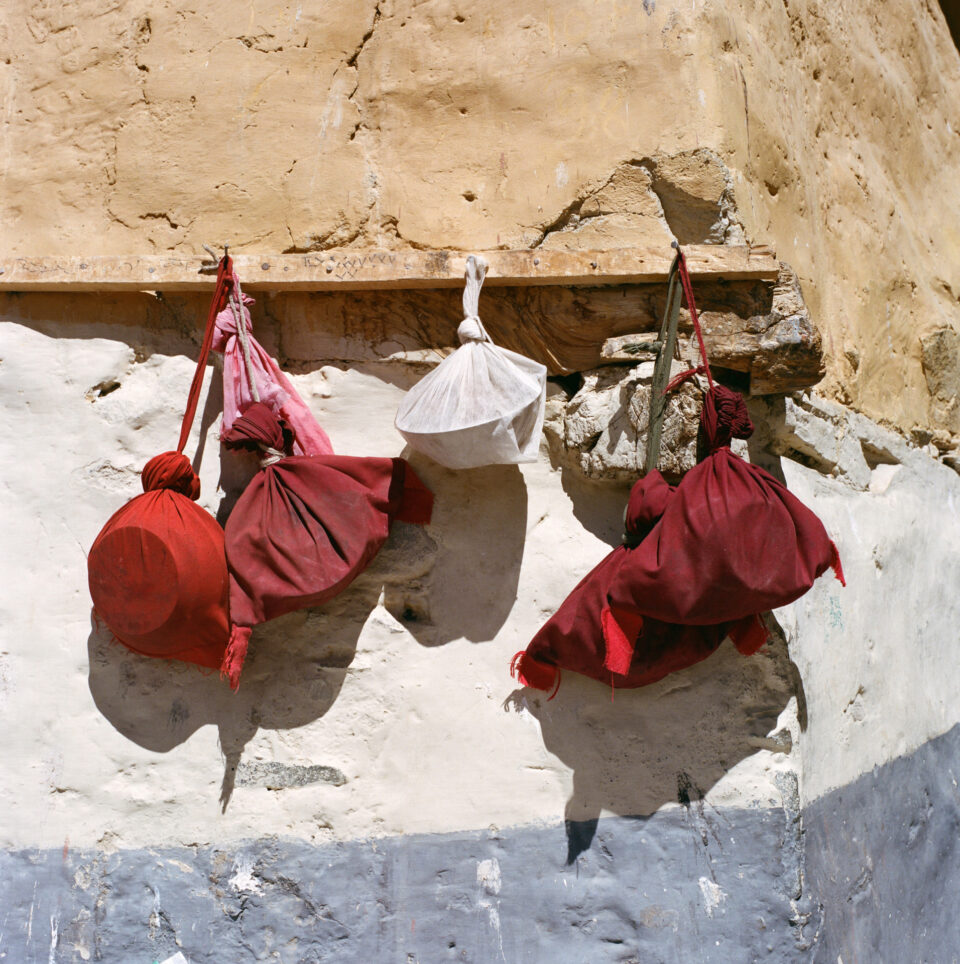
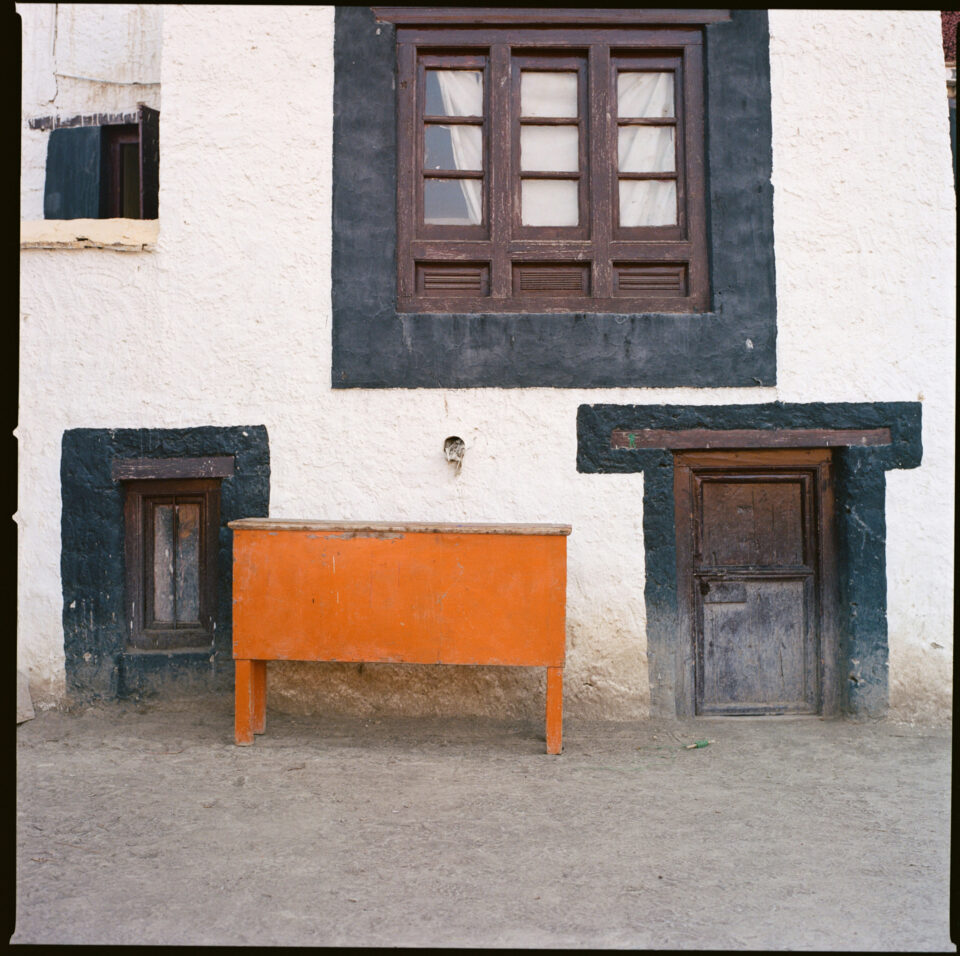
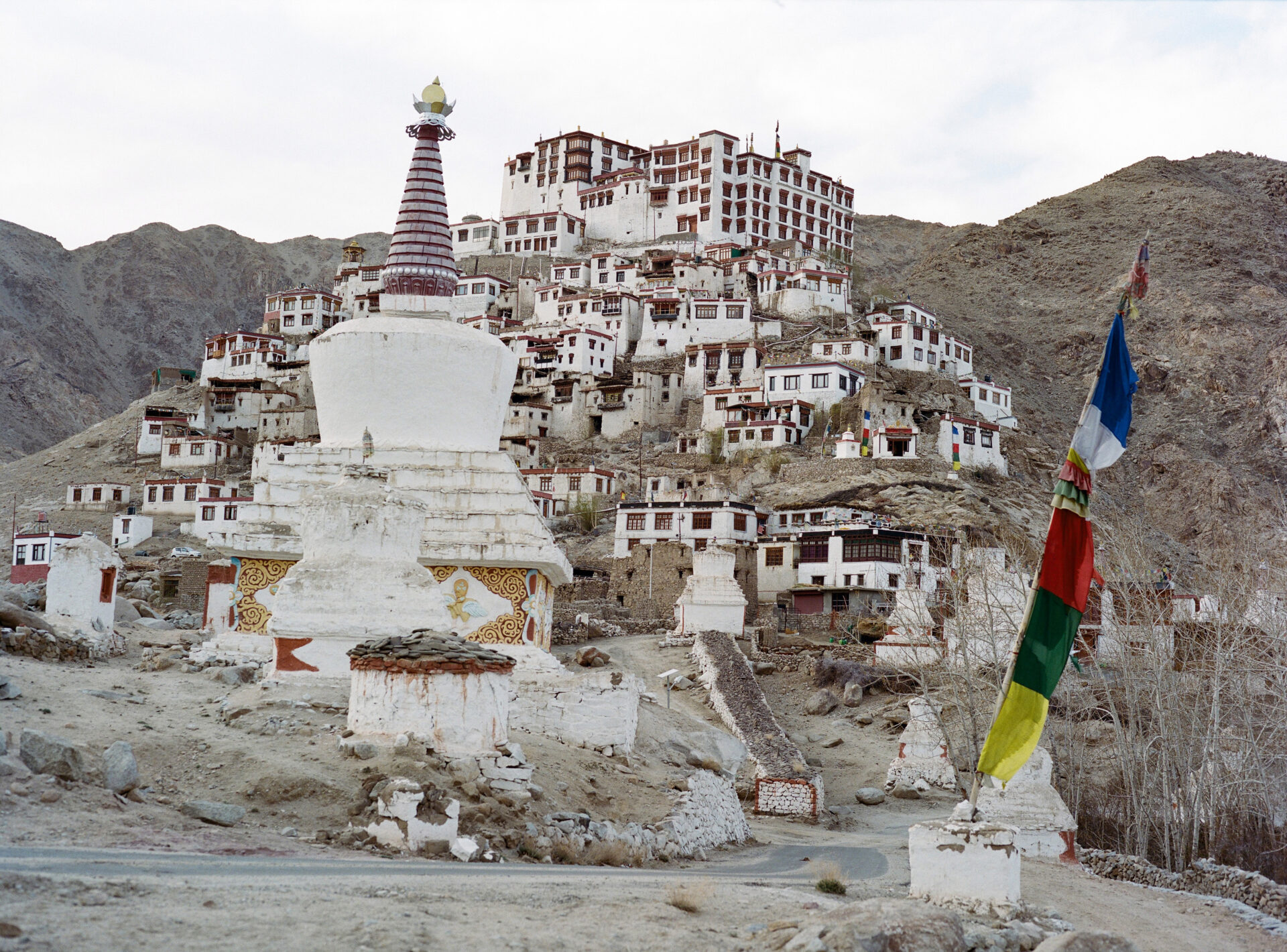
Drawing from my personal history of surviving a devastating flood in Wenzhou, China, in 1994 — an event that profoundly shaped my understanding of fragility, survival, and the power of community — this experience led me to Ladakh, where similar tensions between nature, culture, and endurance play out daily.
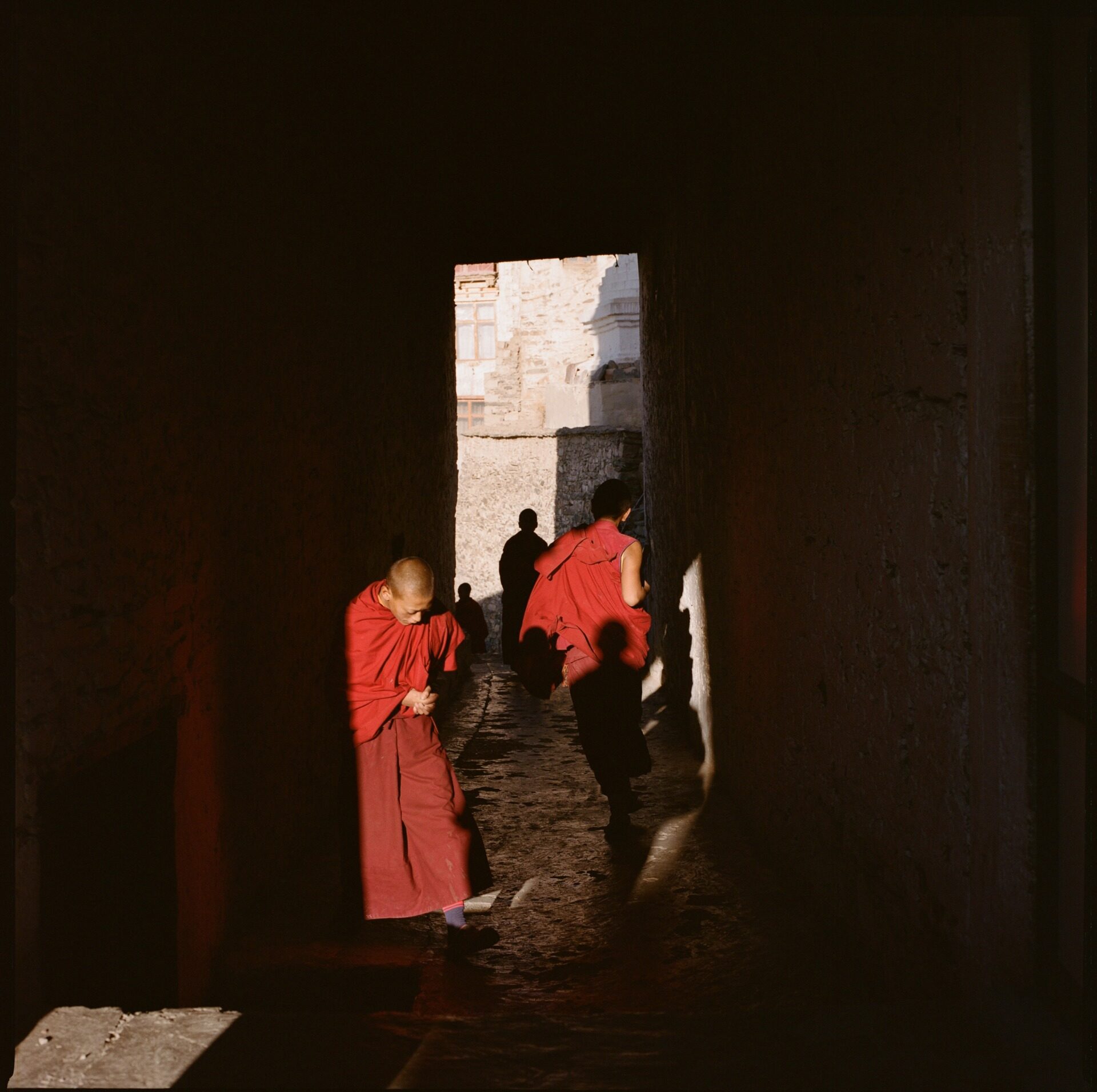
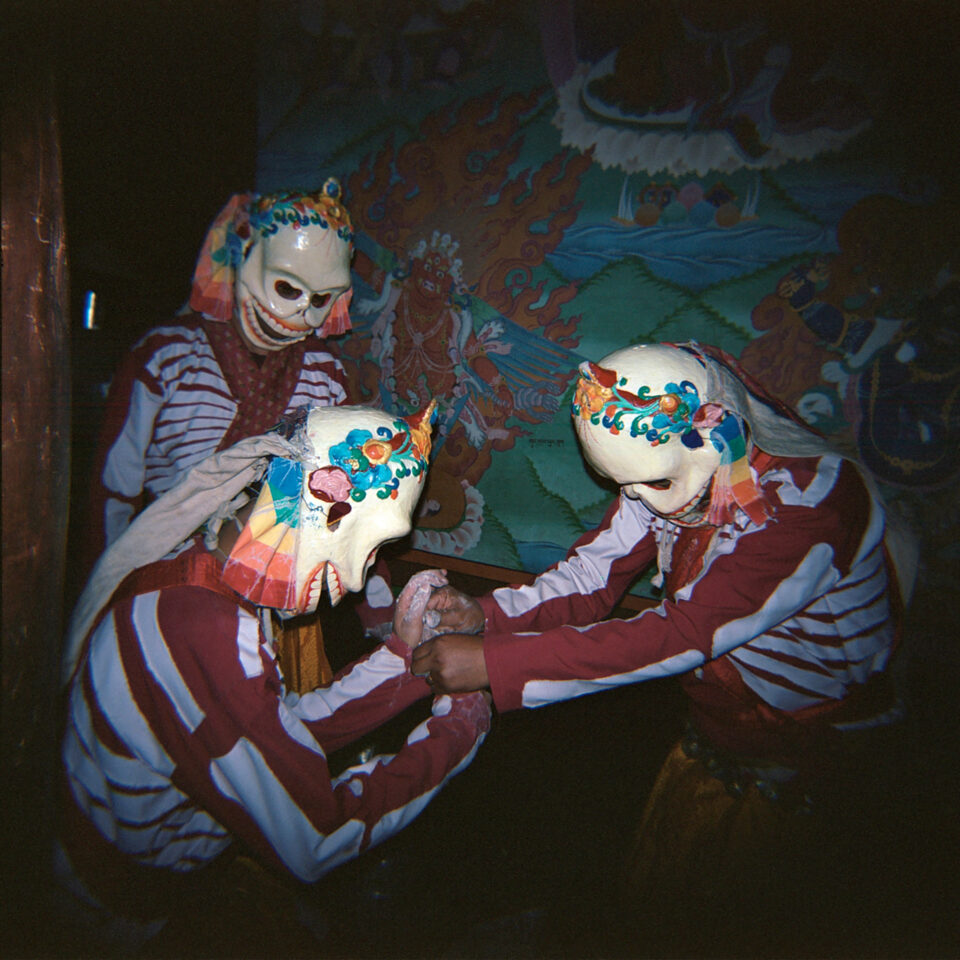
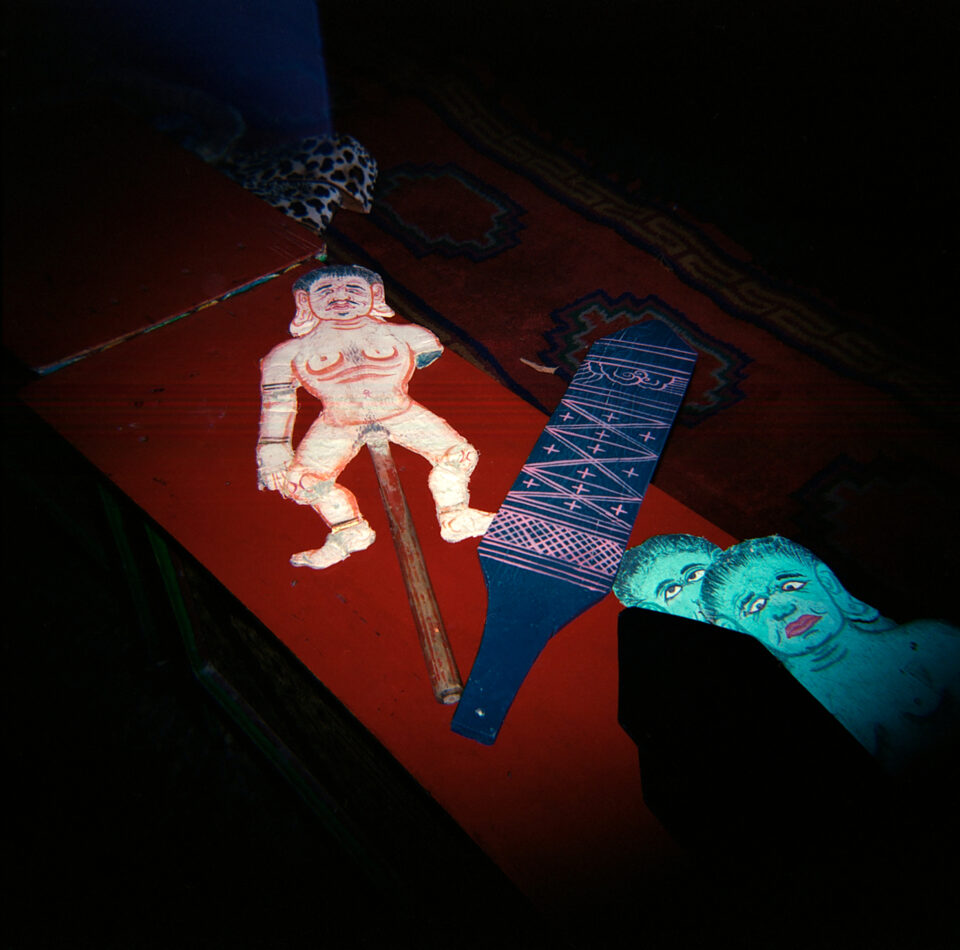
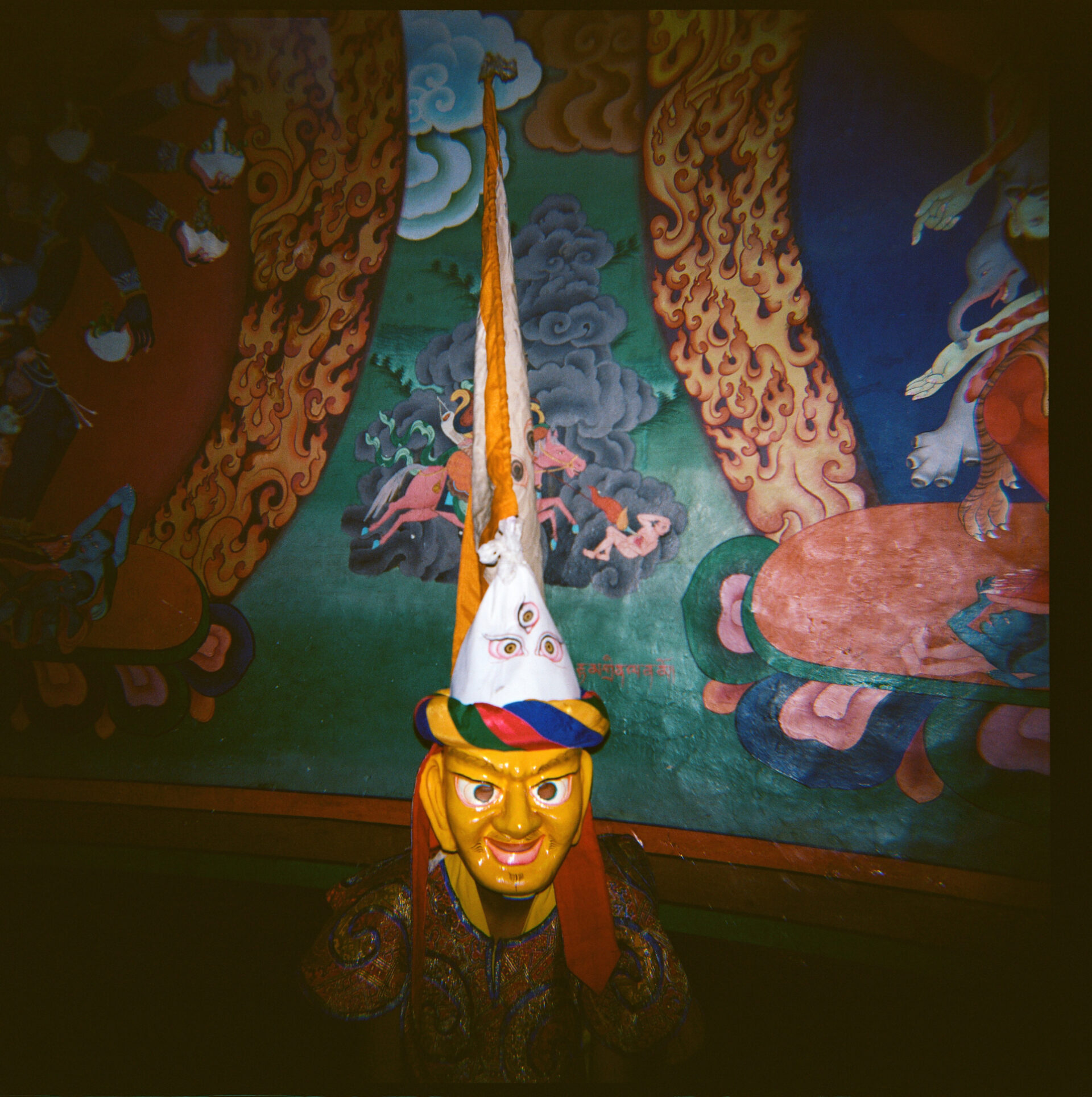
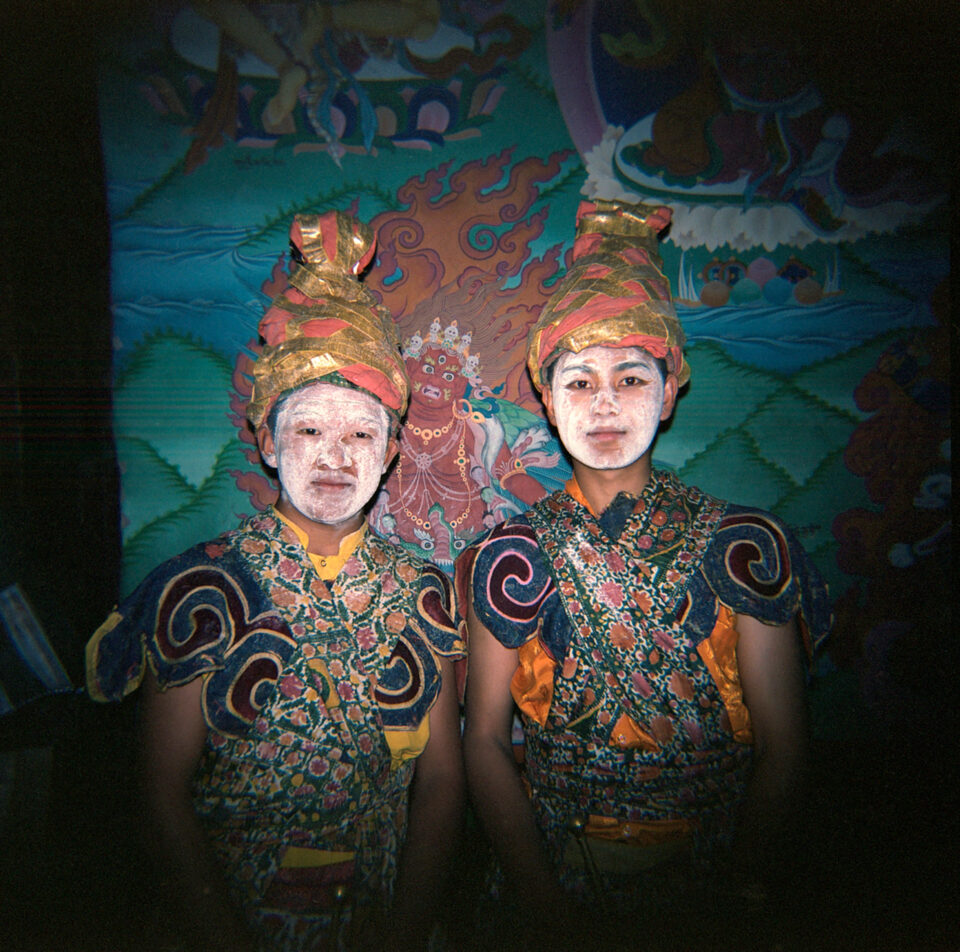
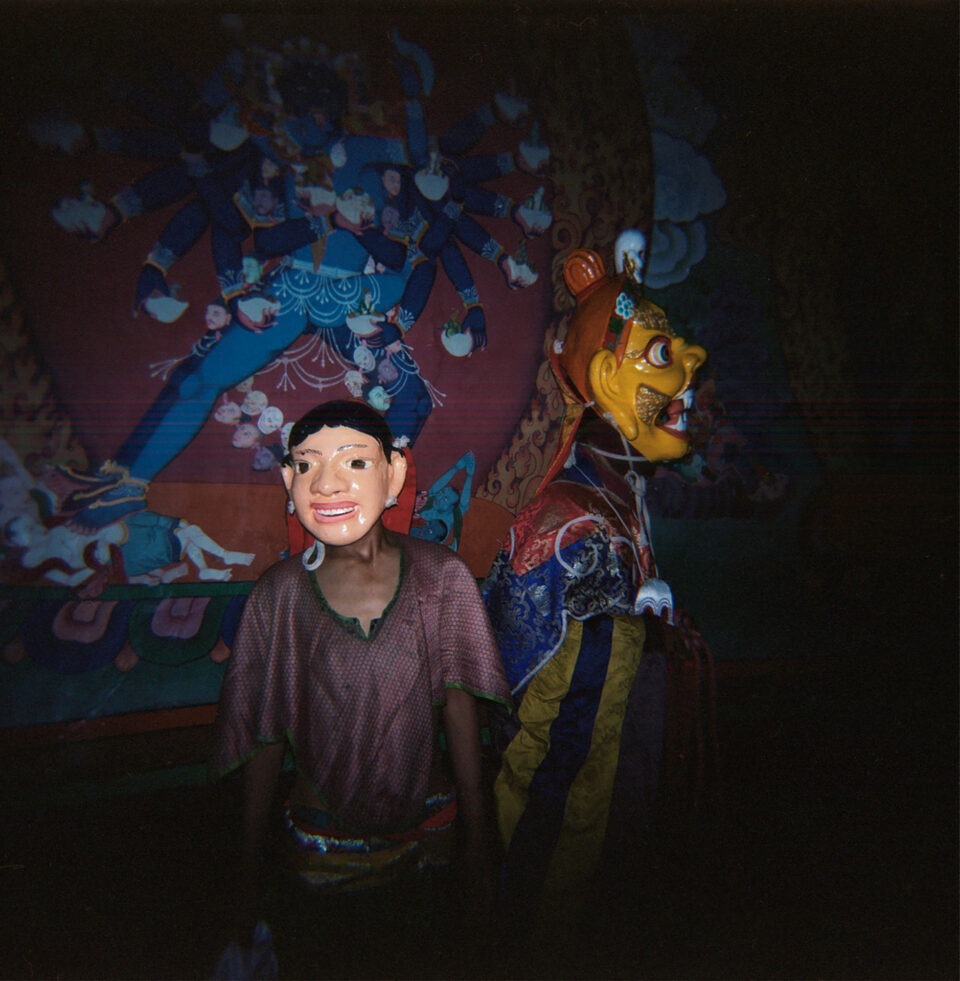
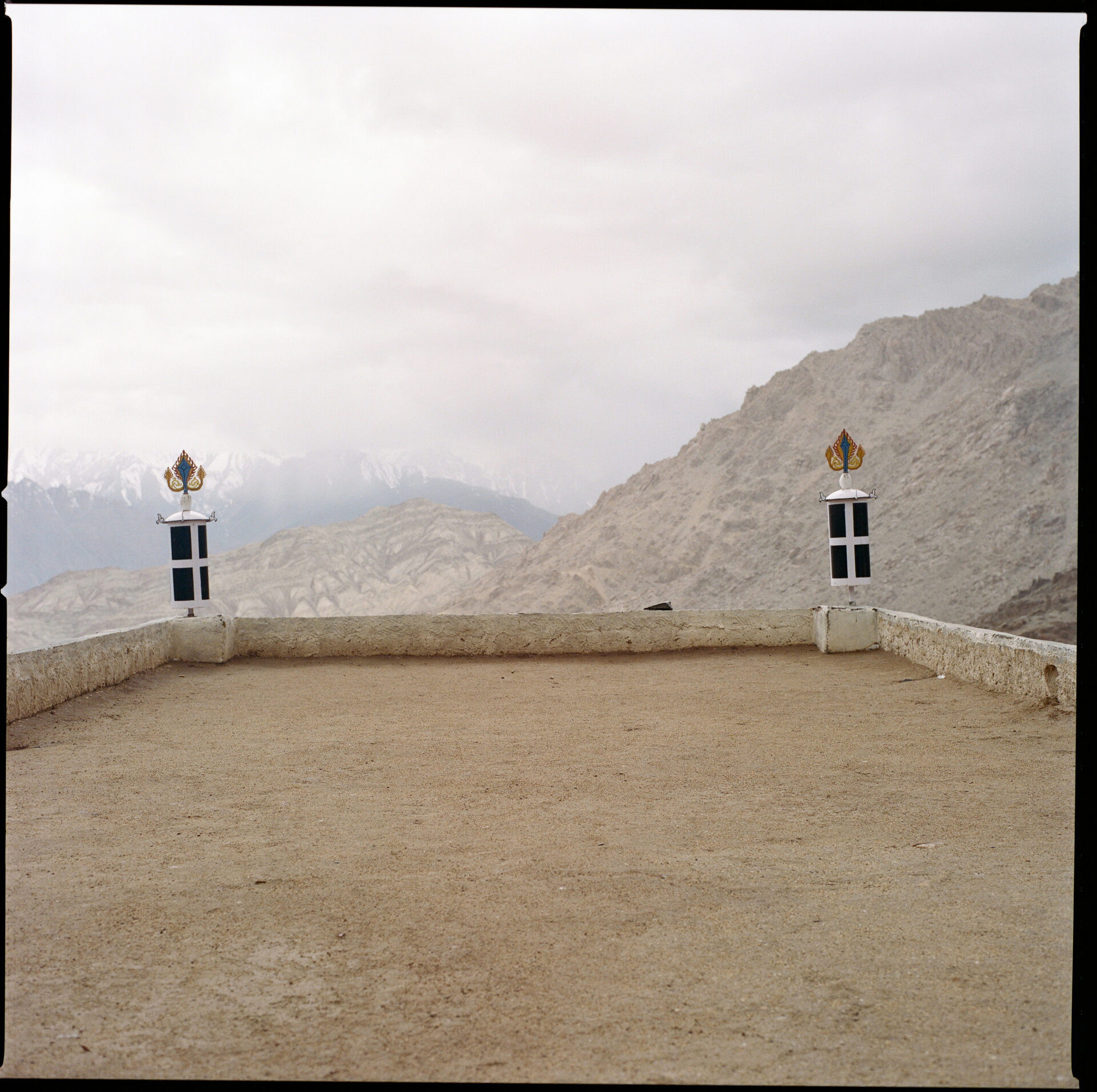
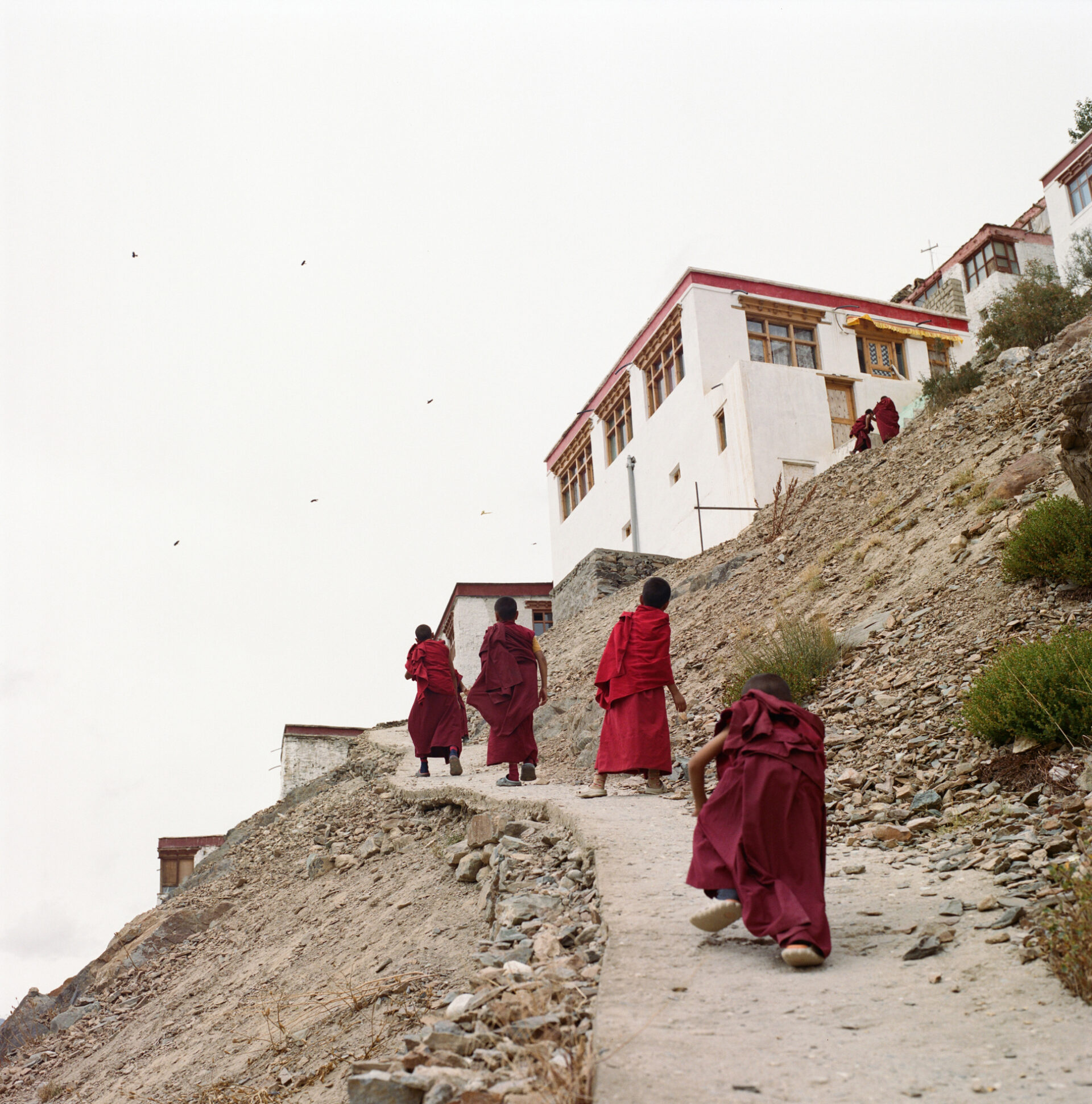
Alongside visionary initiatives like the IceStupa project, which creates artificial glaciers to combat water scarcity, I also focus on the overlooked: seasonal workers from Nepal carving roads into mountainsides under harsh conditions, stray dogs surviving on scraps, and long-haul truck drivers battling rough terrain to transport vital supplies. Often invisible in dominant narratives, these individuals remain essential to Ladakh’s evolving landscape.
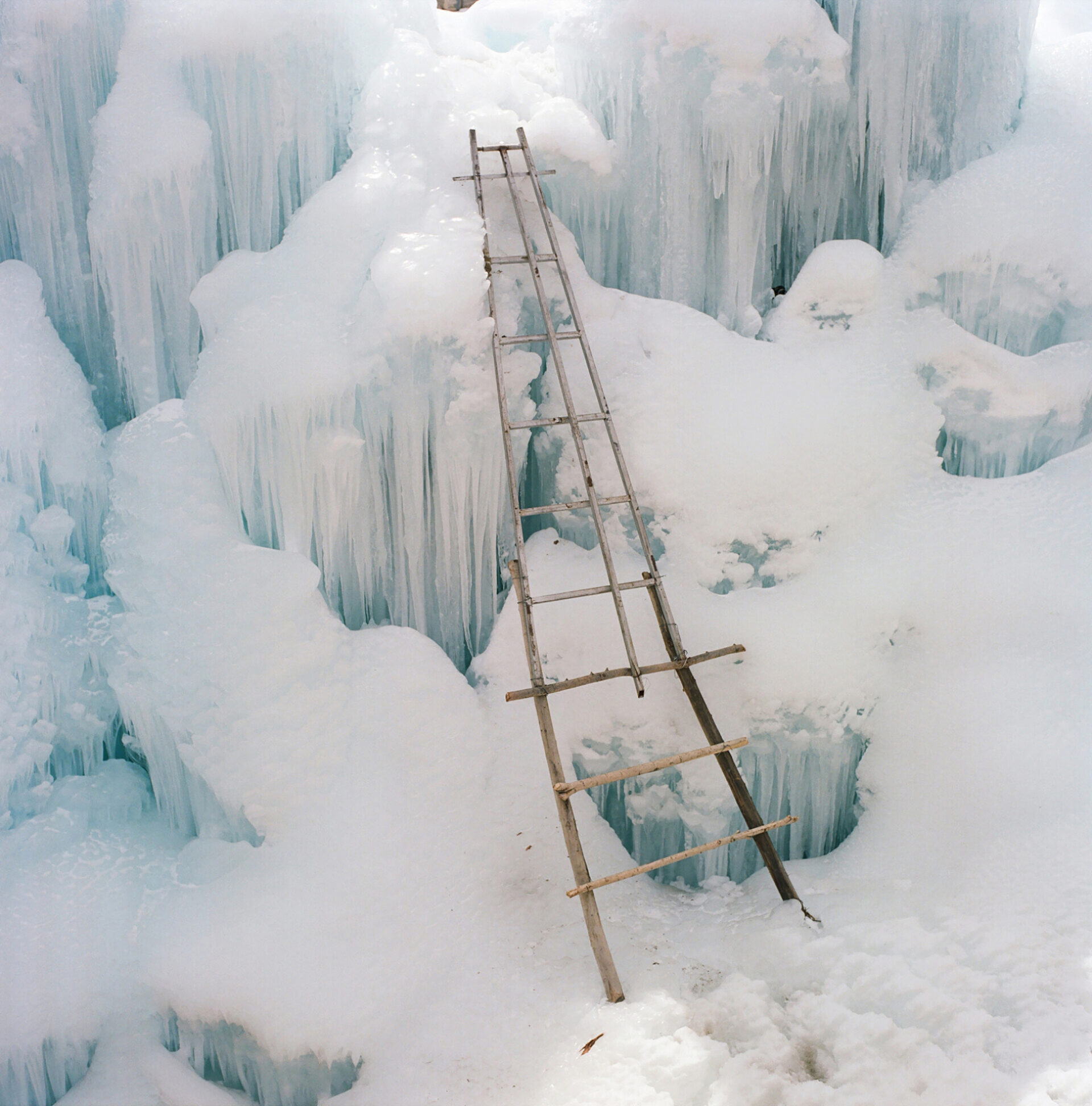
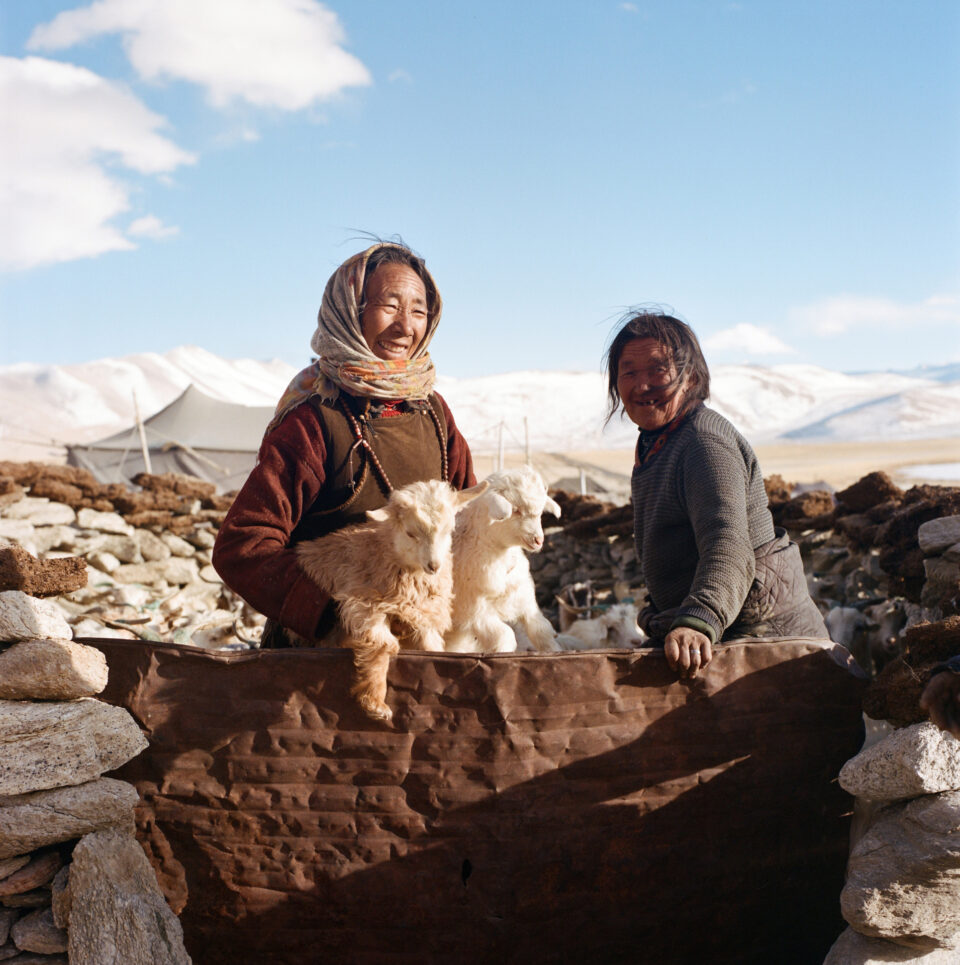
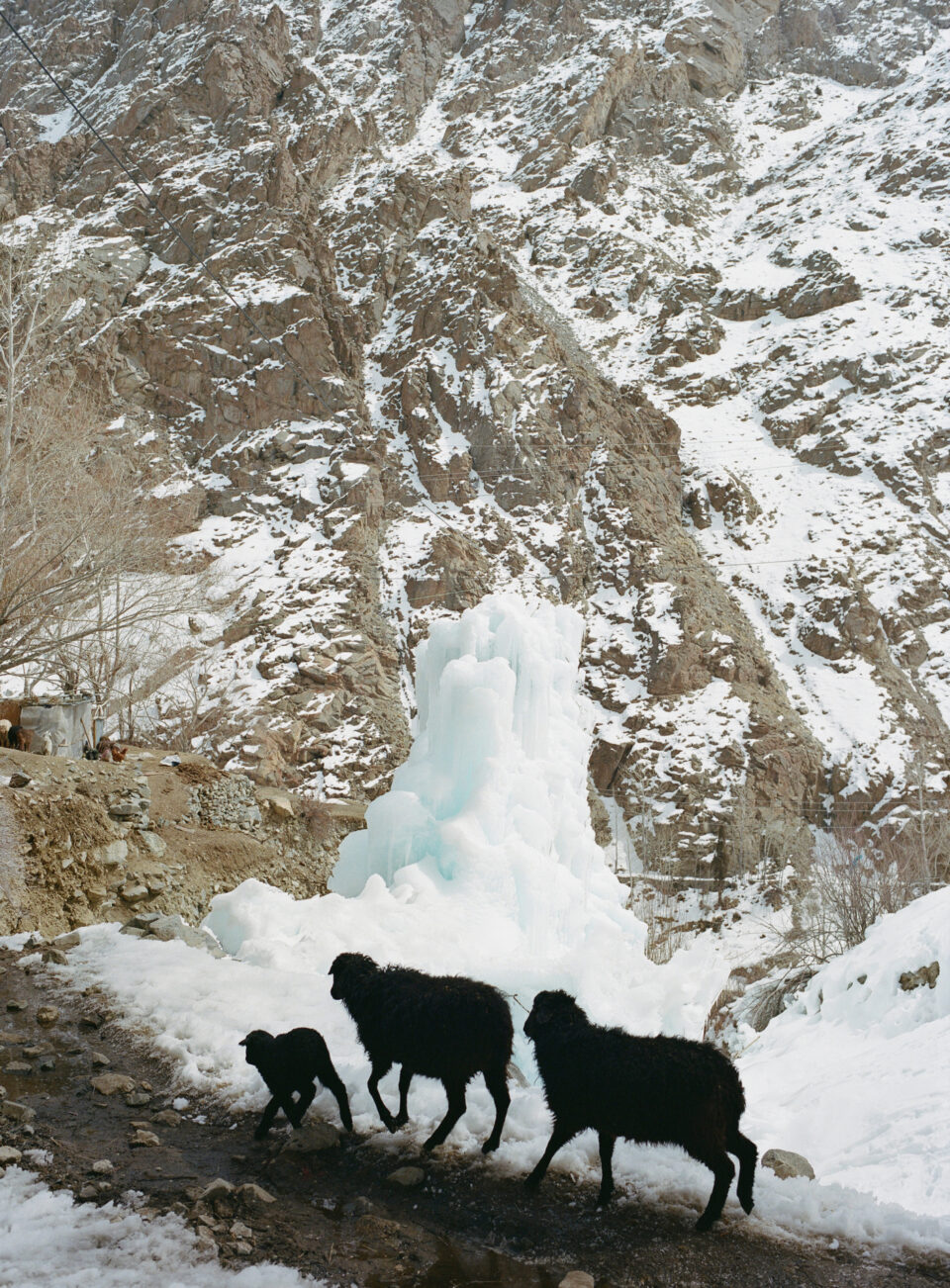
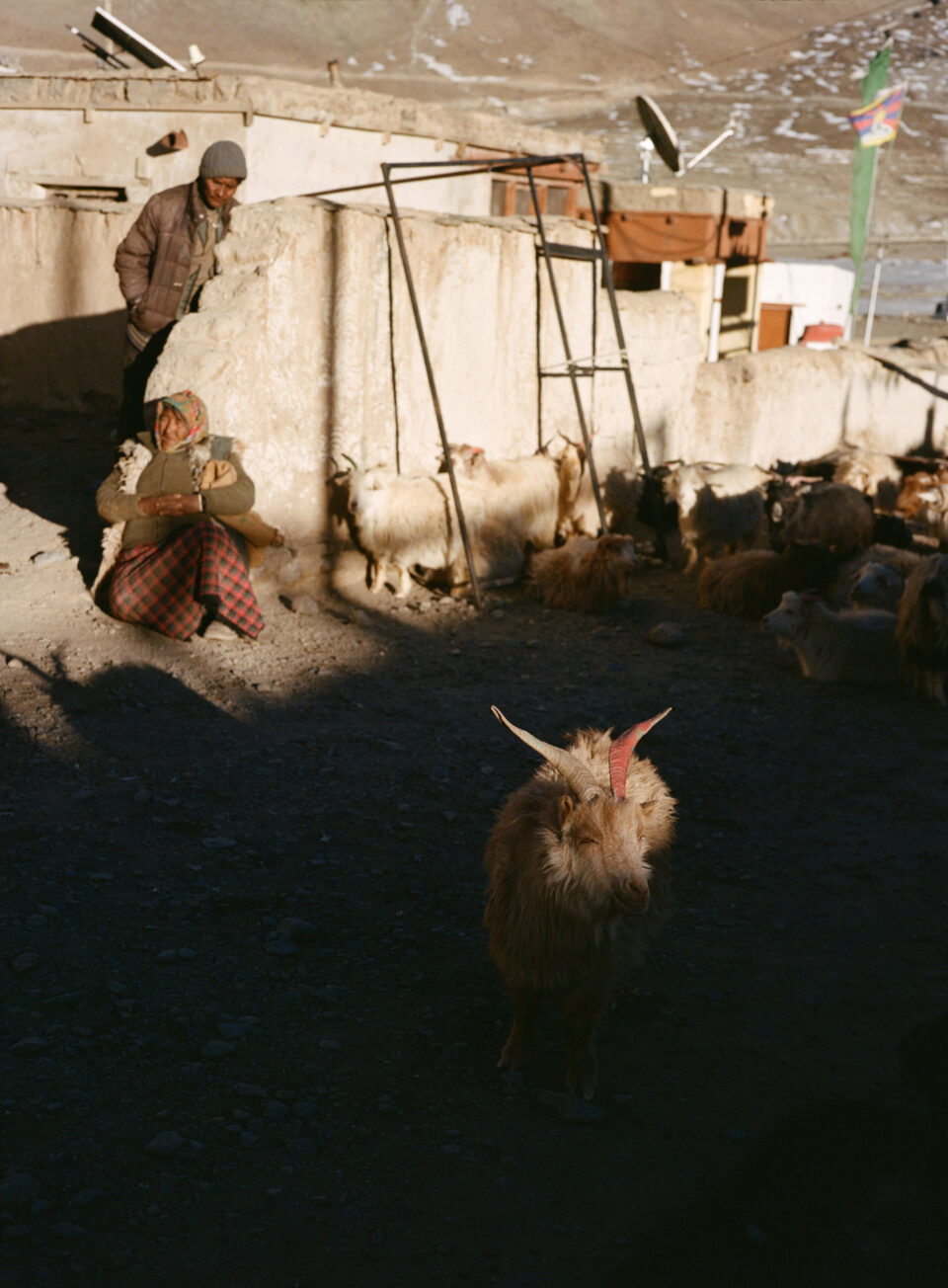
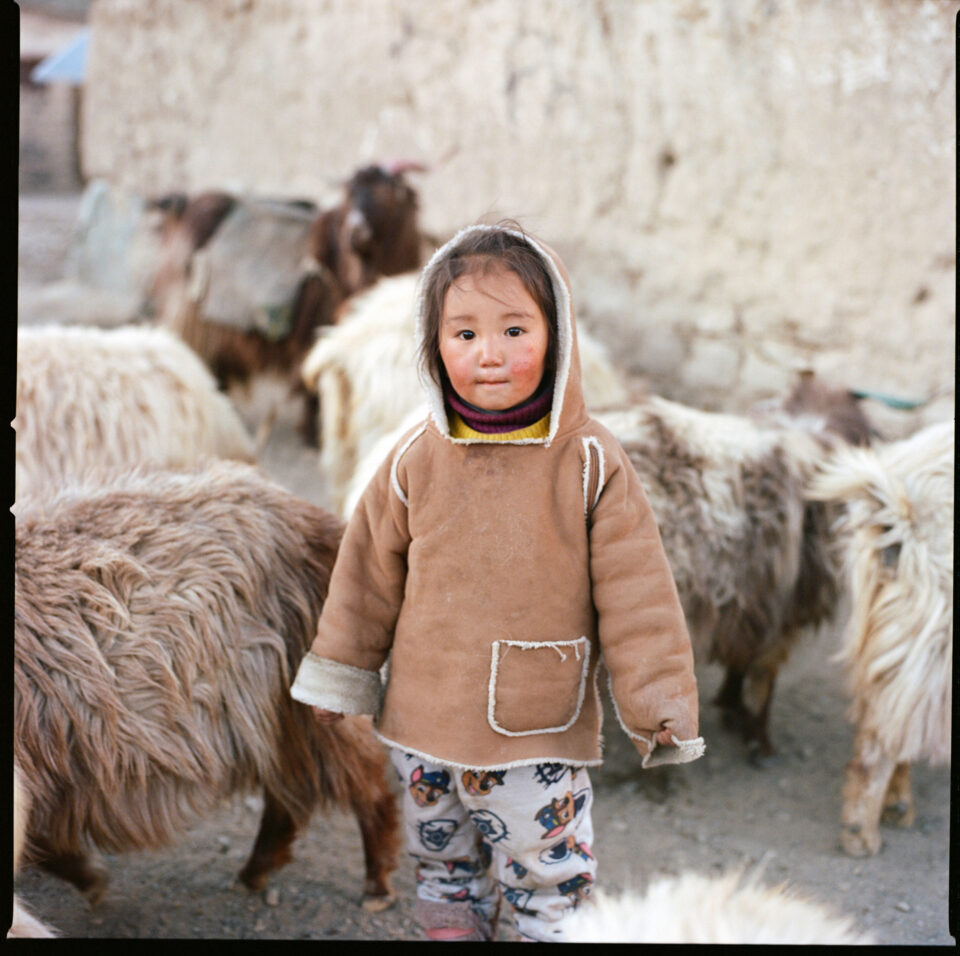
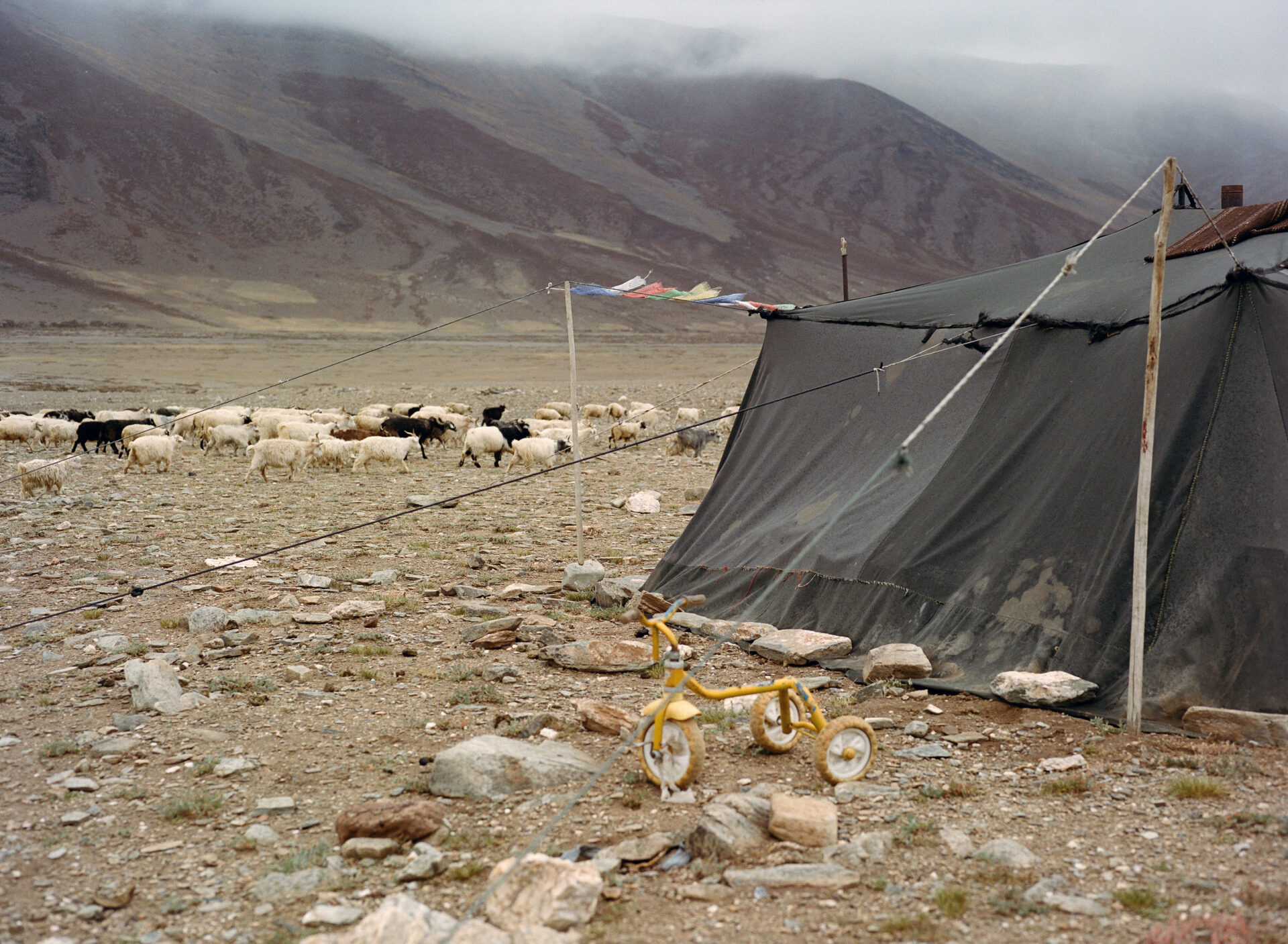
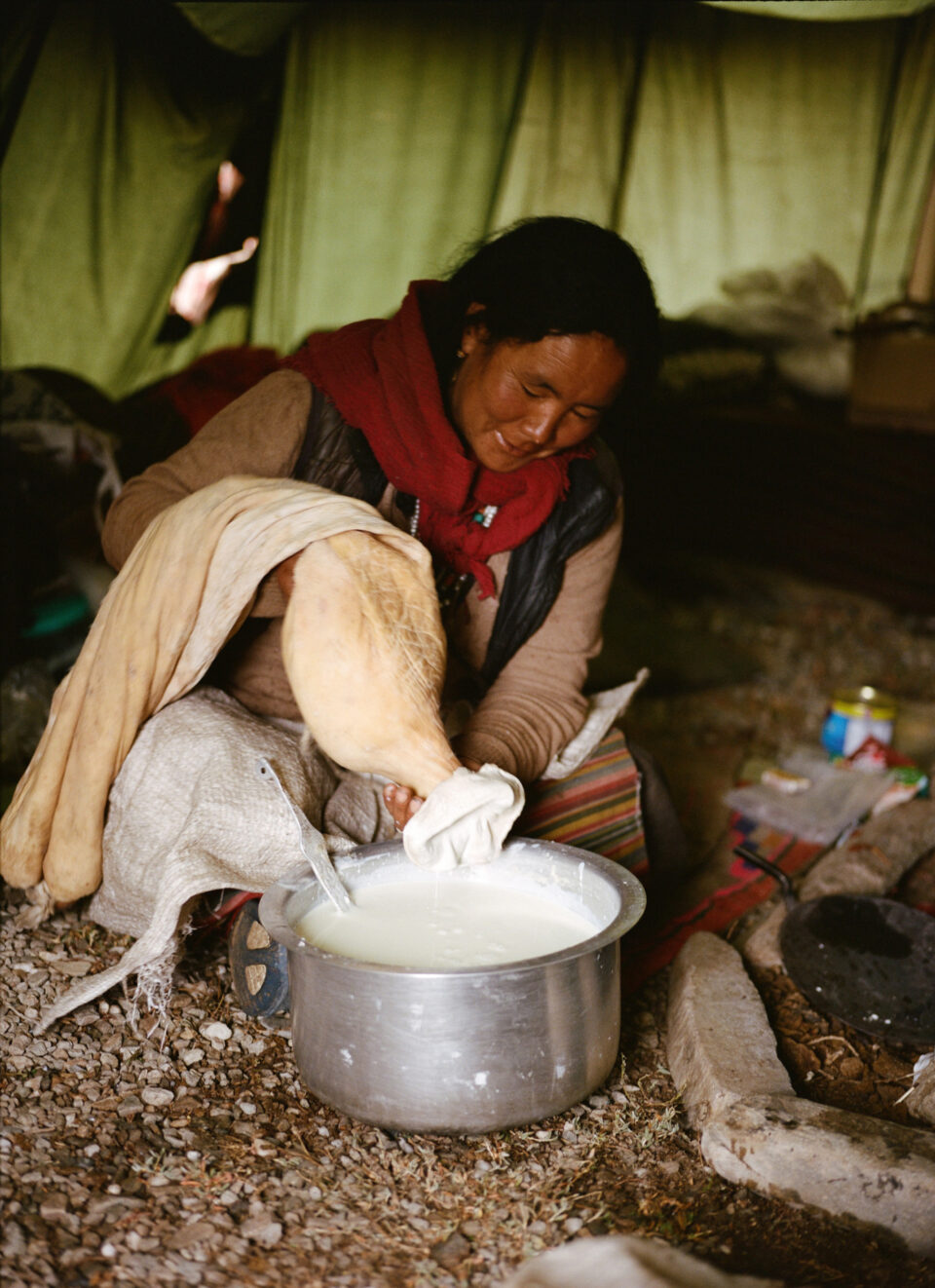
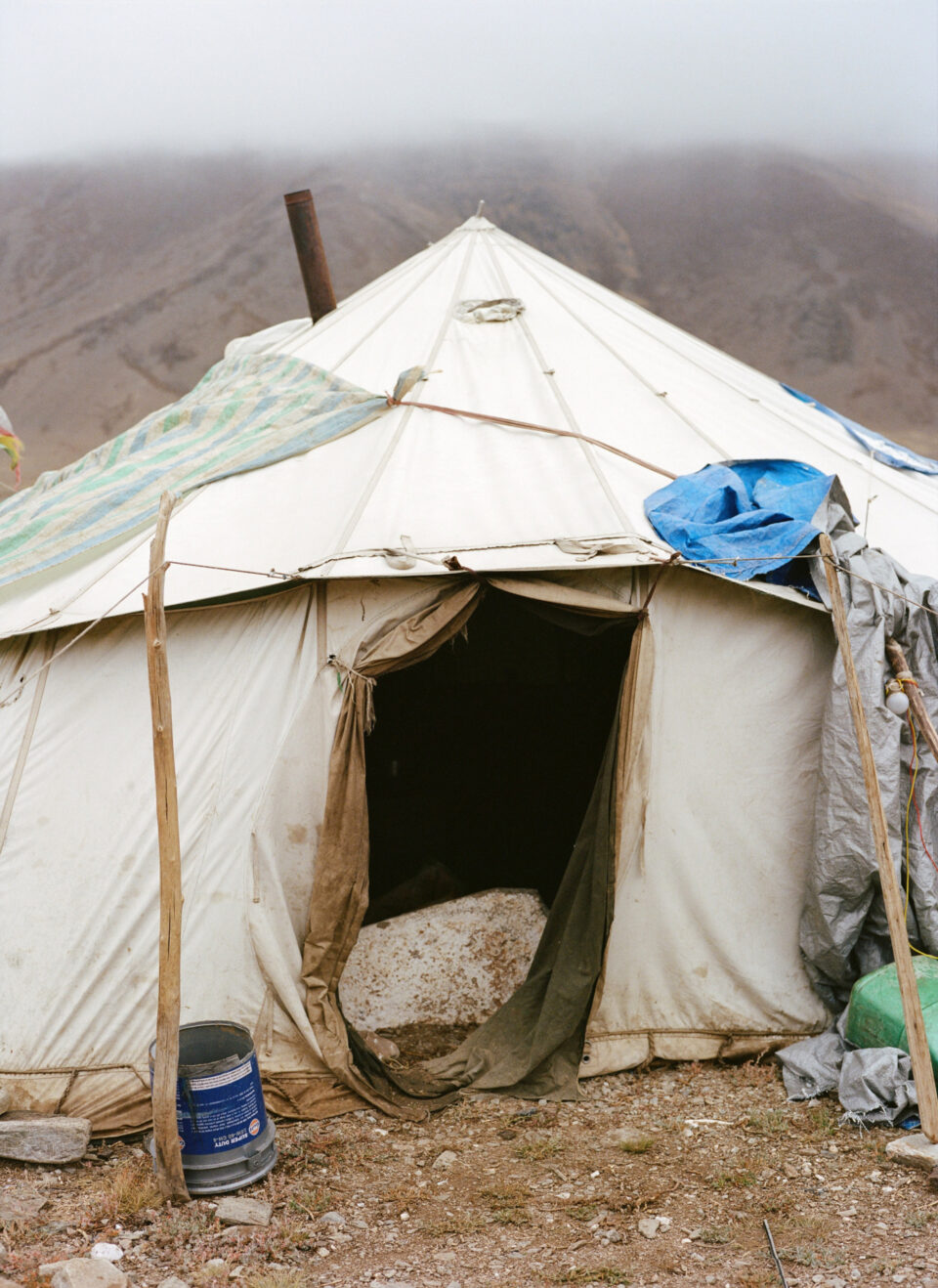
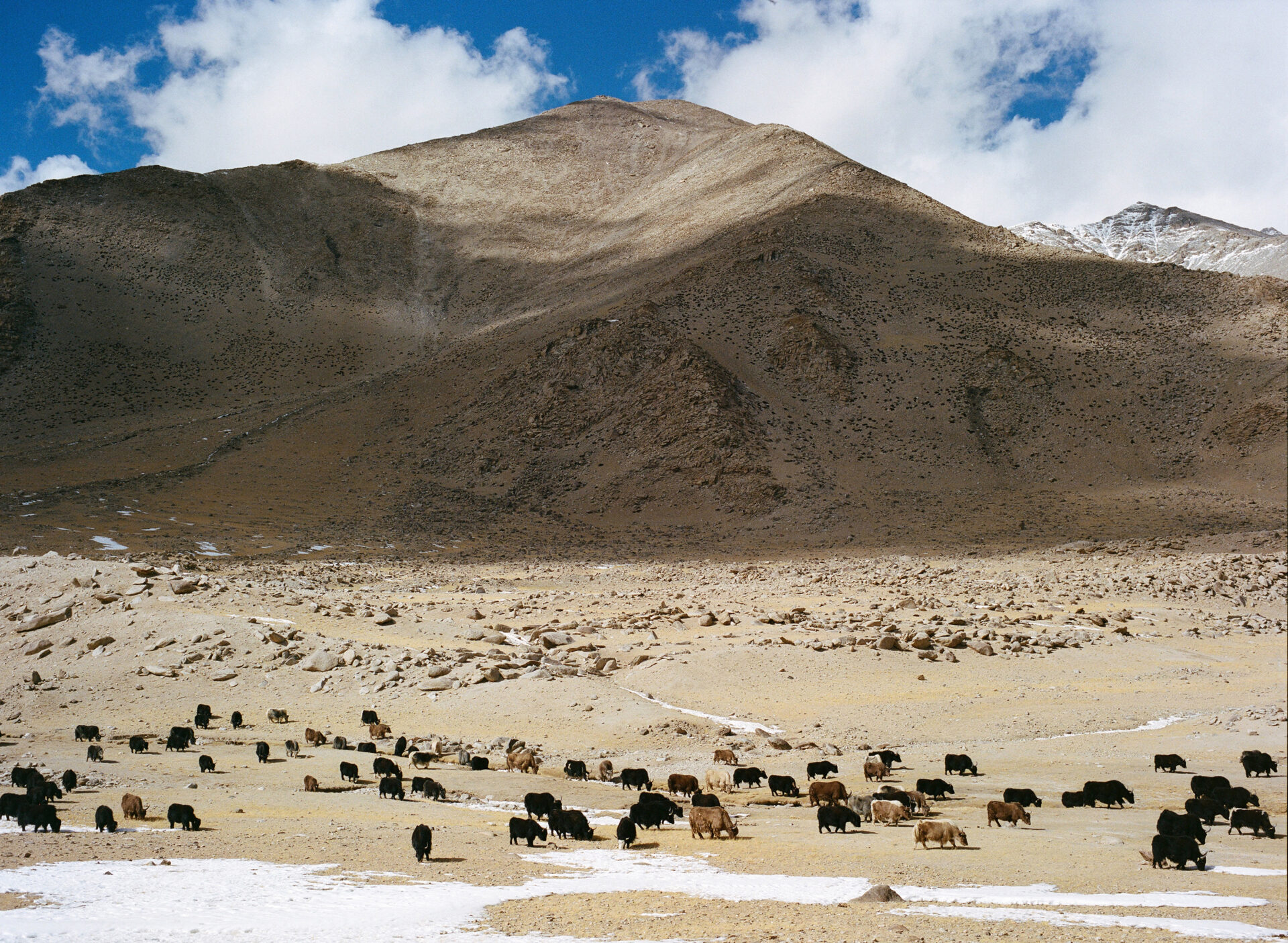
The project, supported in its early stages by Stichting Oog op de Natuur in 2021, was initiated in 2023. Over the course of five field trips, I have built close connections and trust within the Ladakhi community.
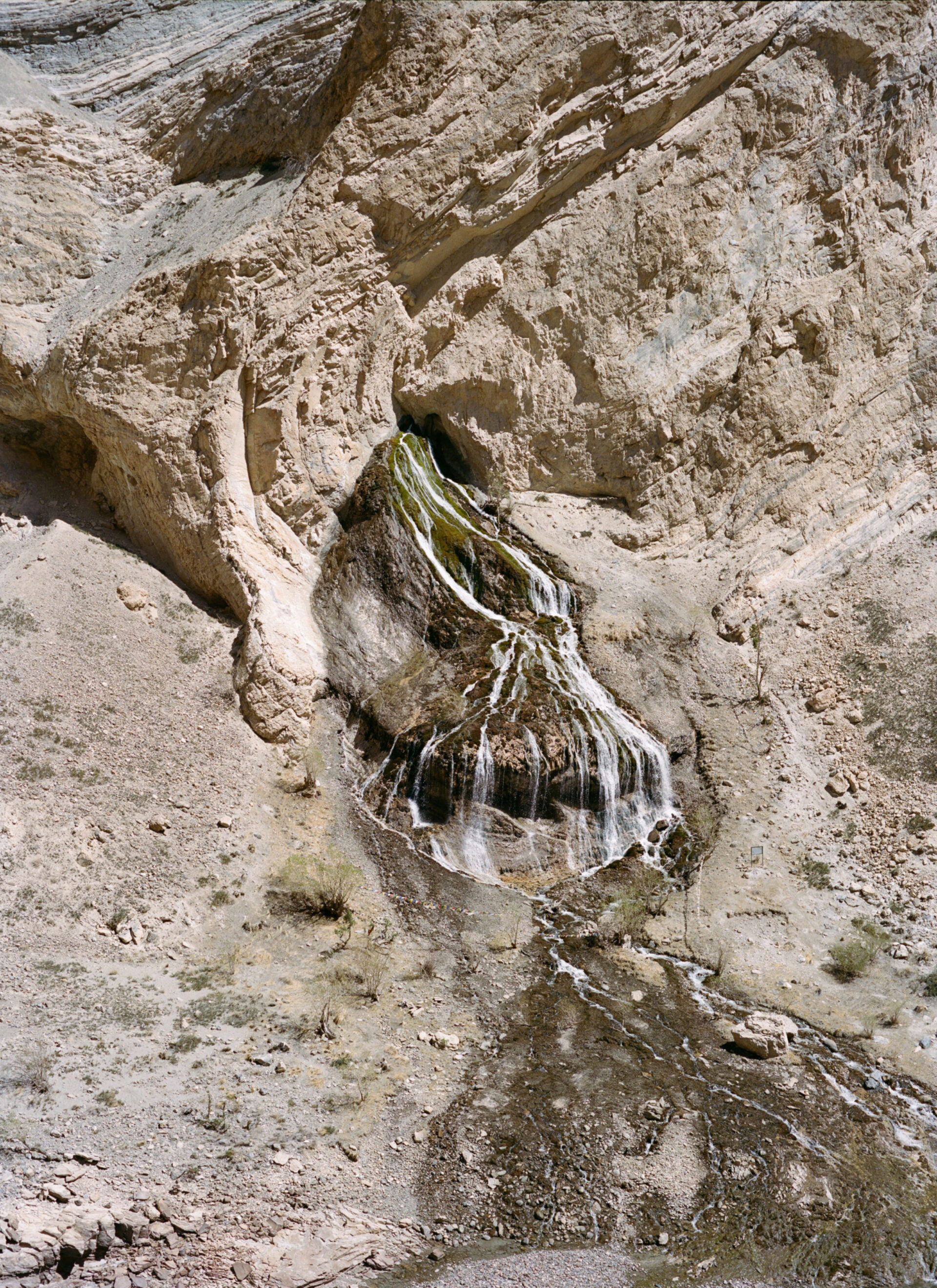
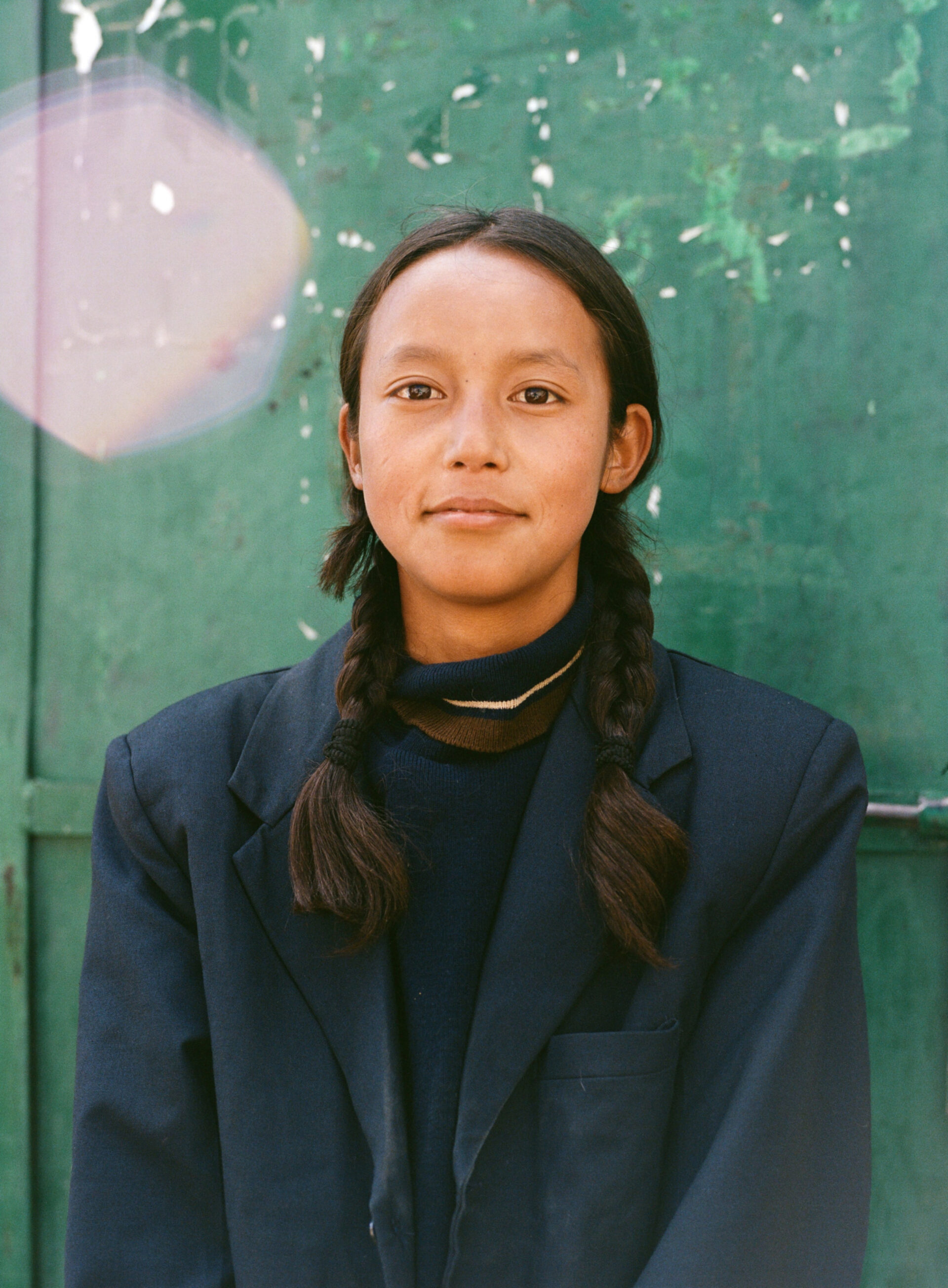
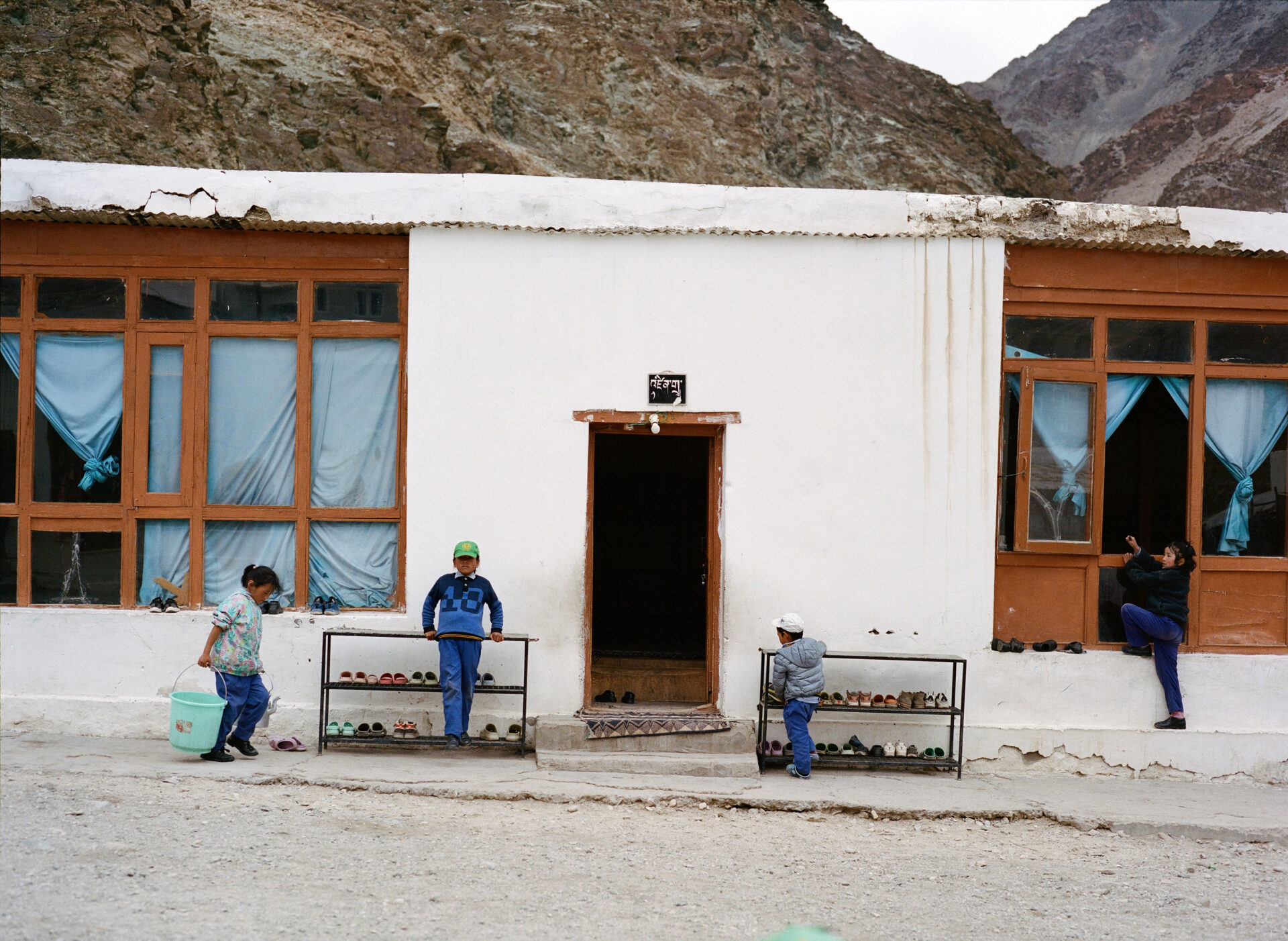
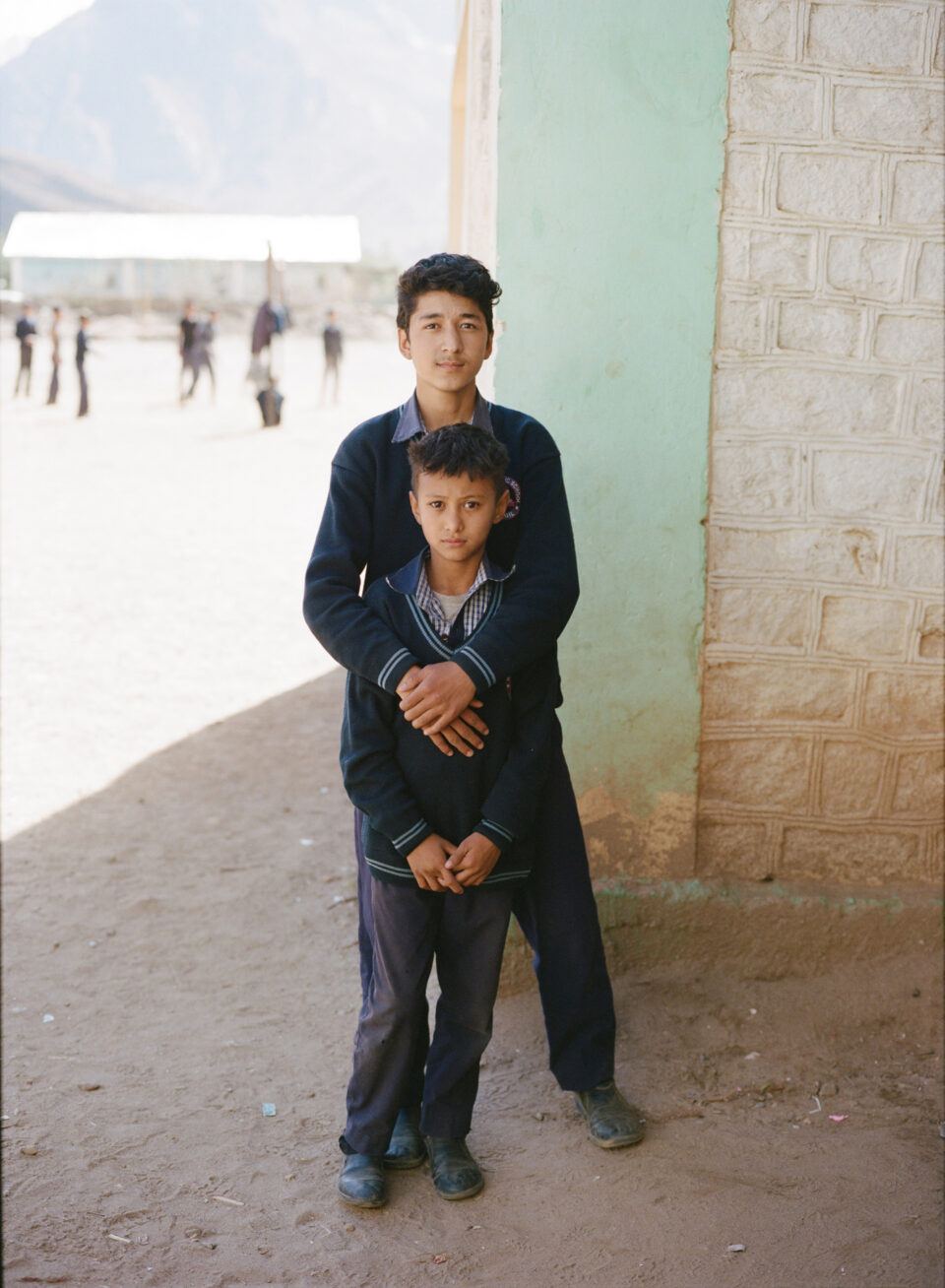
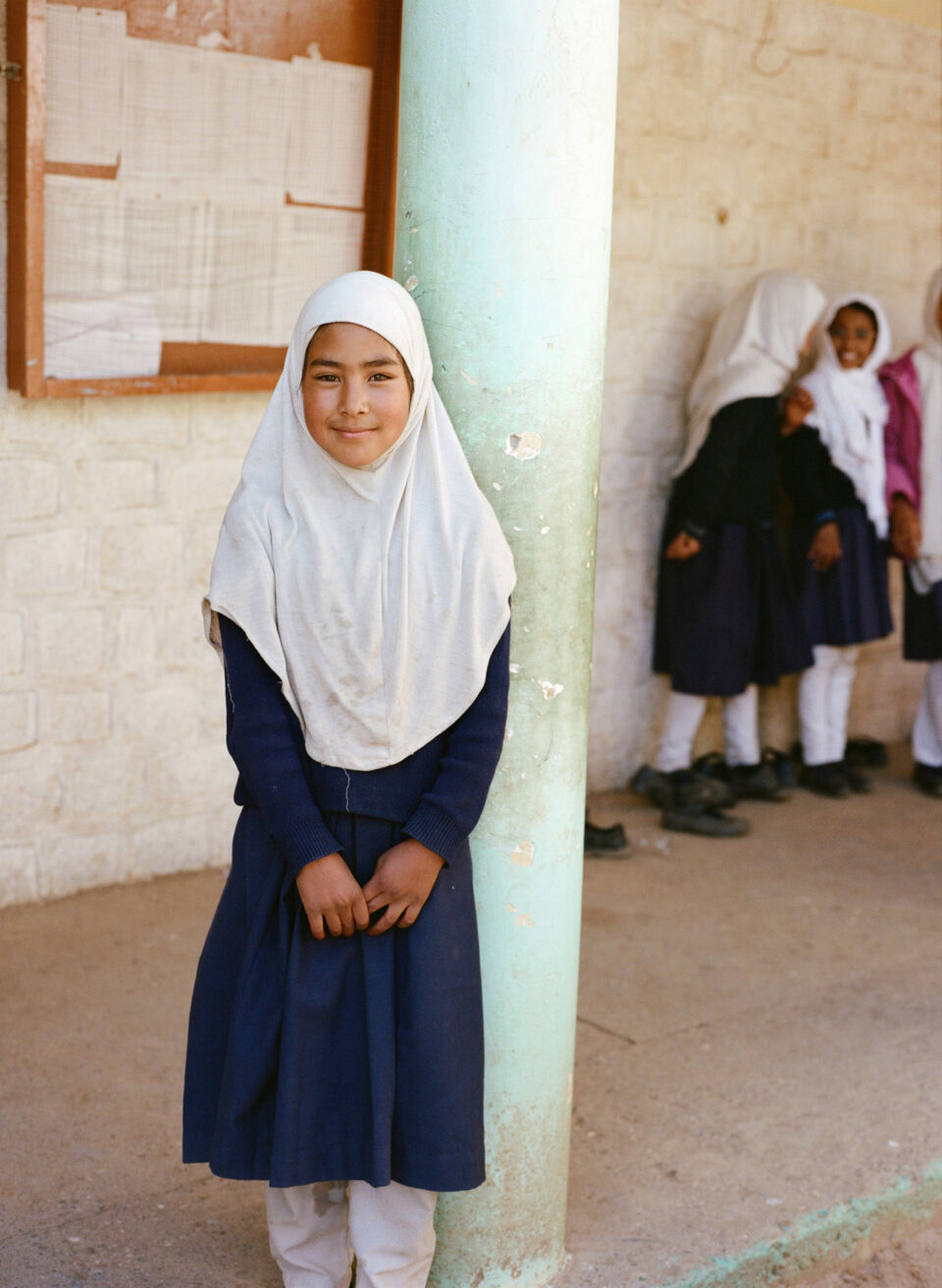
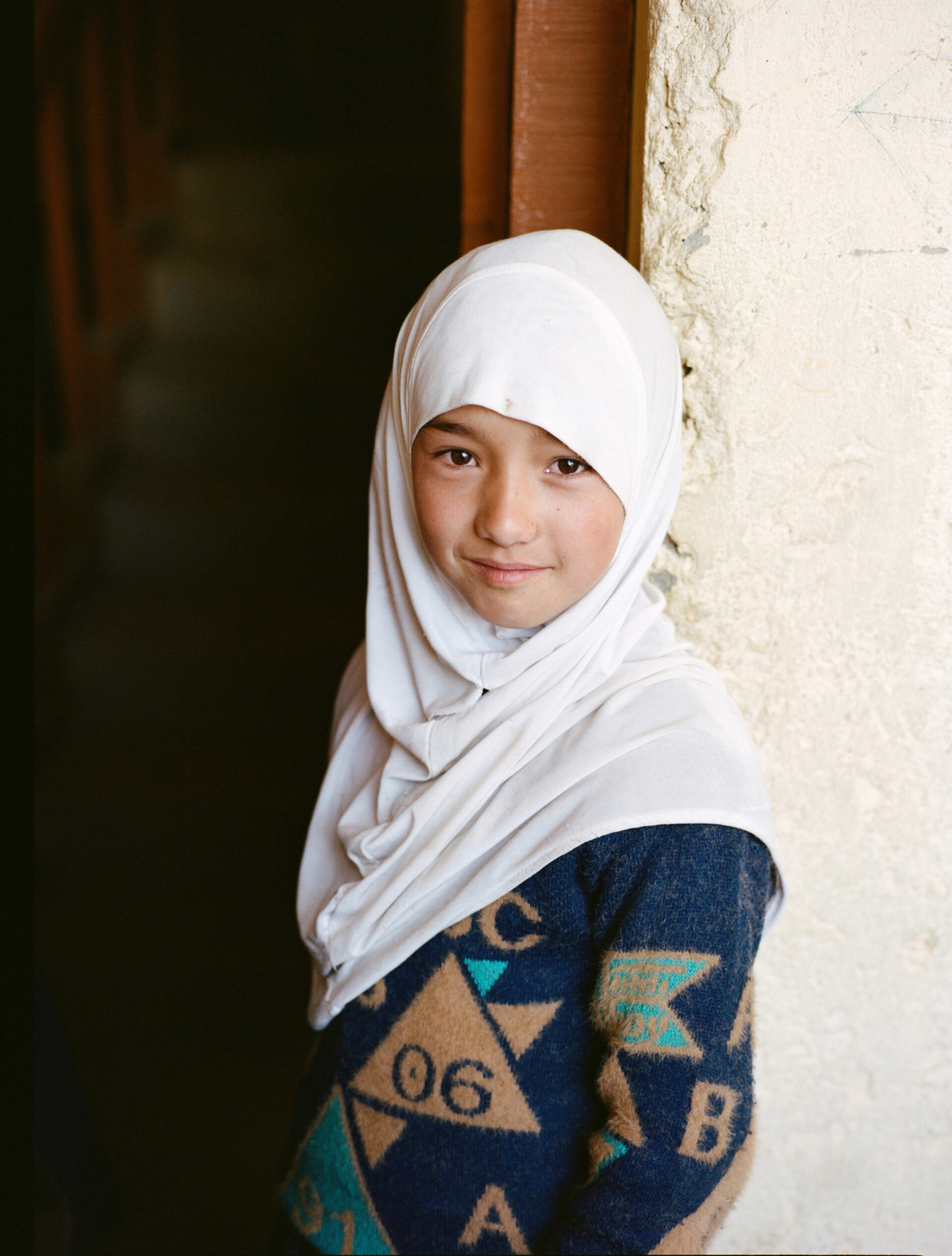
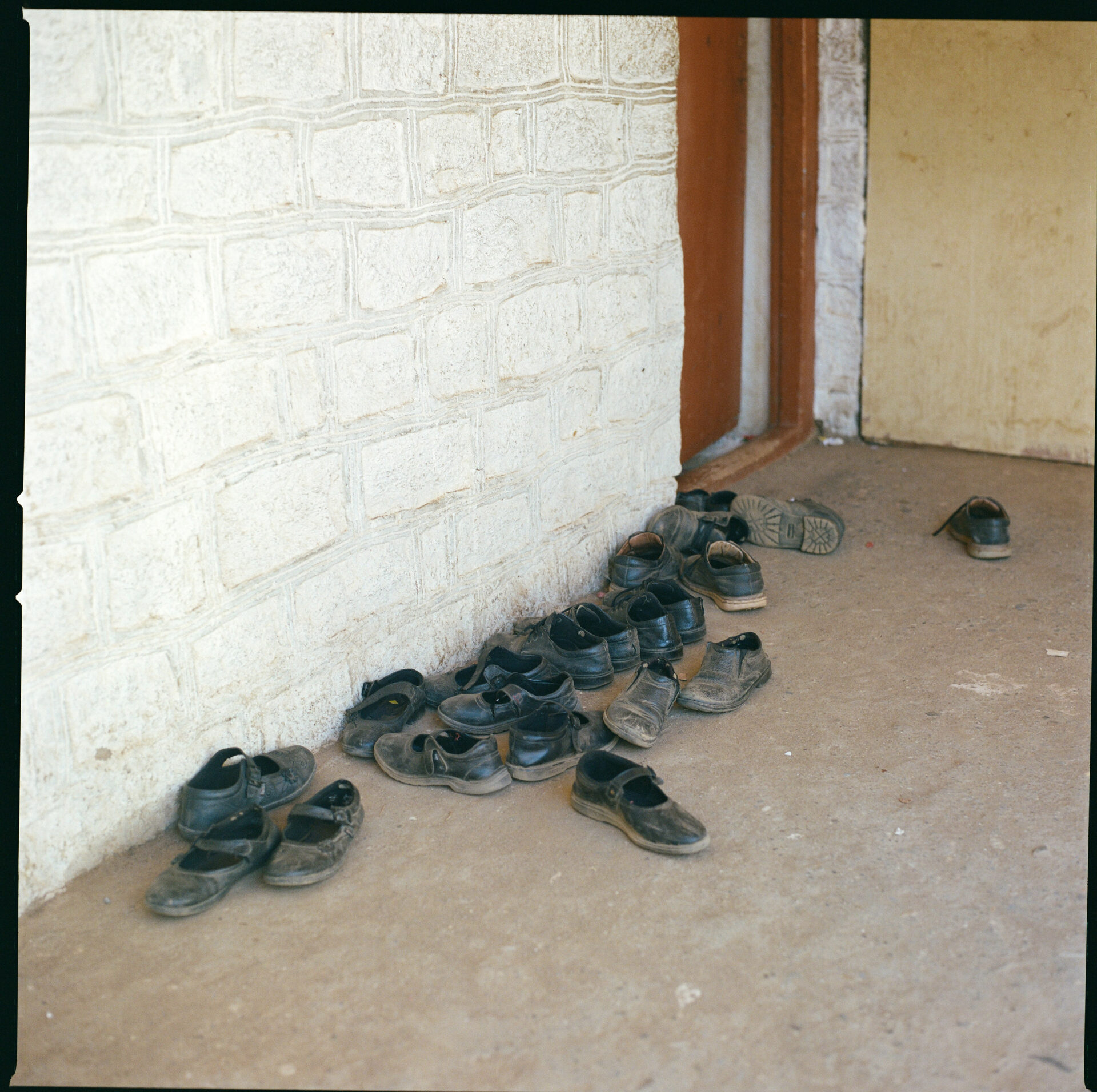
Through portraits, landscapes, and quiet observational moments, I aim to create a visual record of both fragility and beauty, adaptability and innovation. Structured in phases, the project allows a progressive deepening of my understanding of the region. A final journey during the Losar Festival will bring the narrative to a meaningful close.
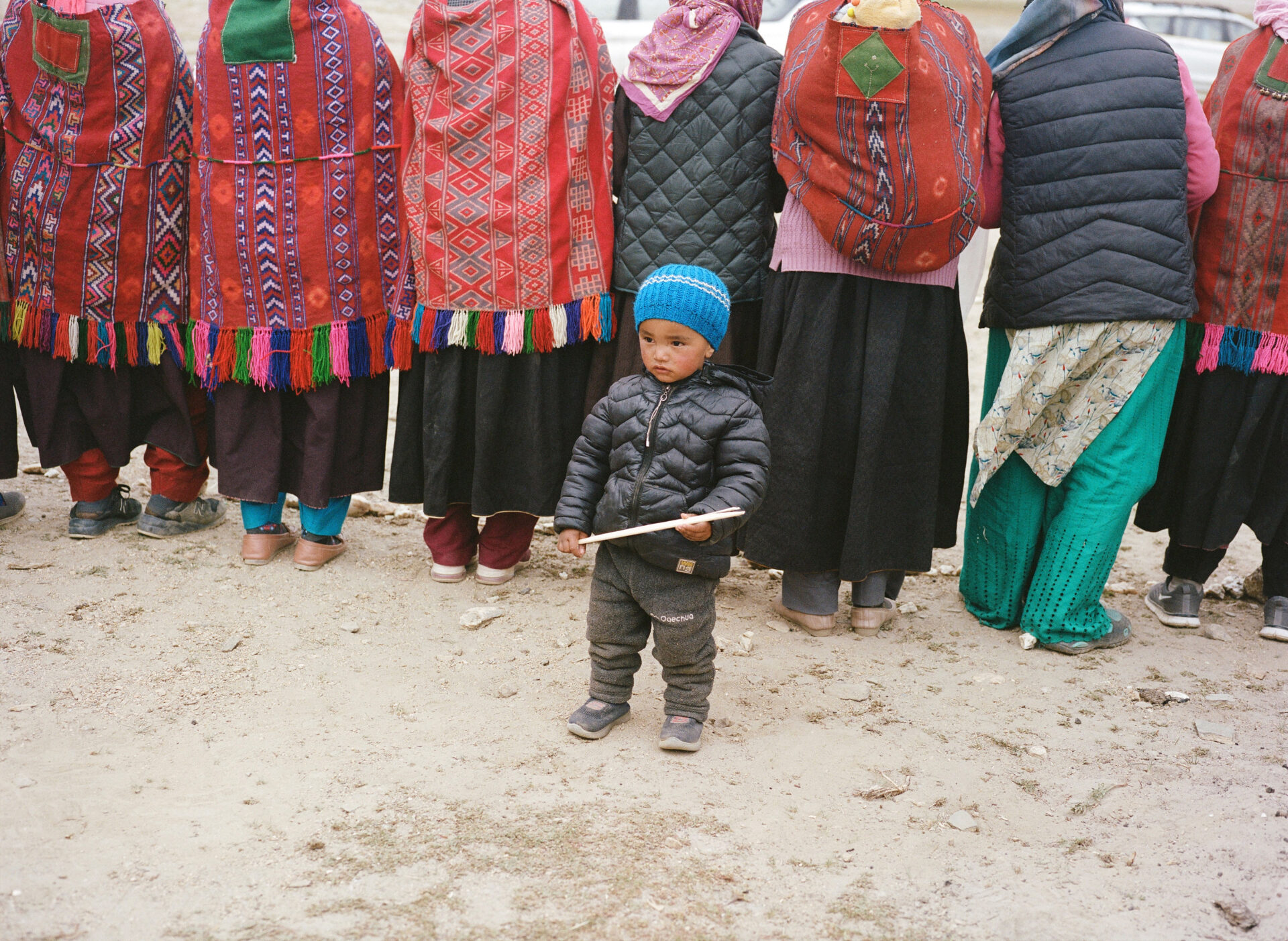
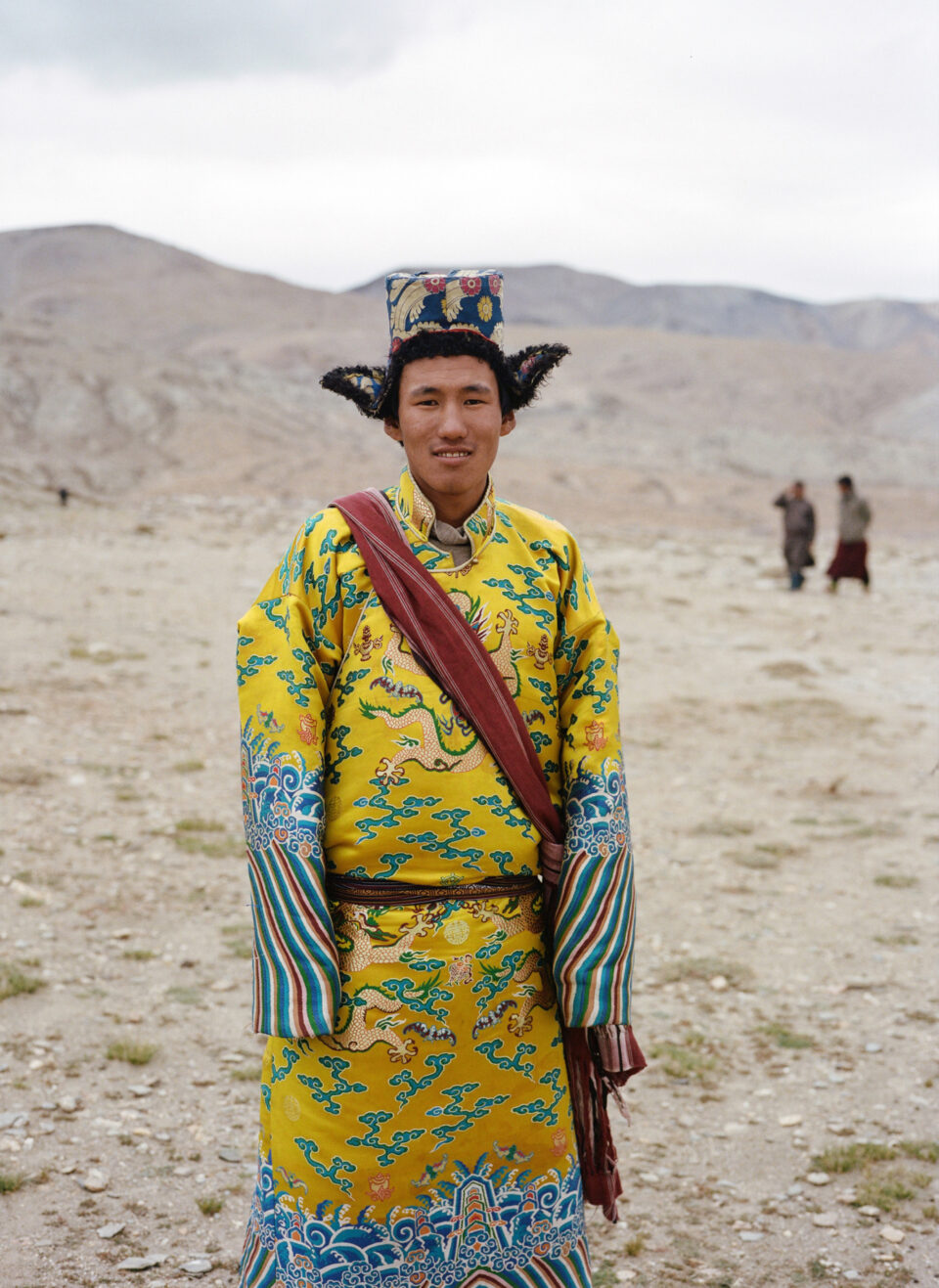
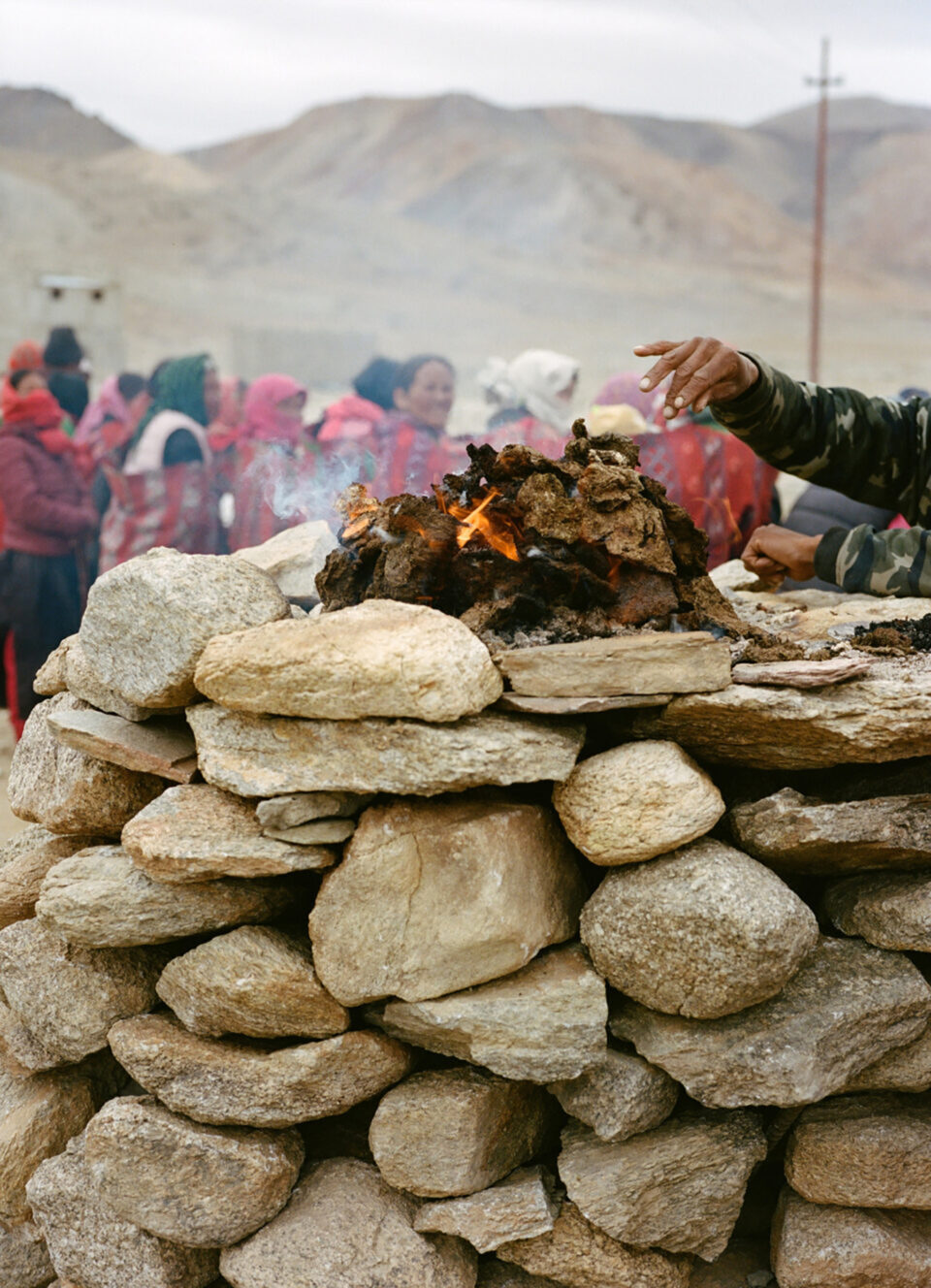
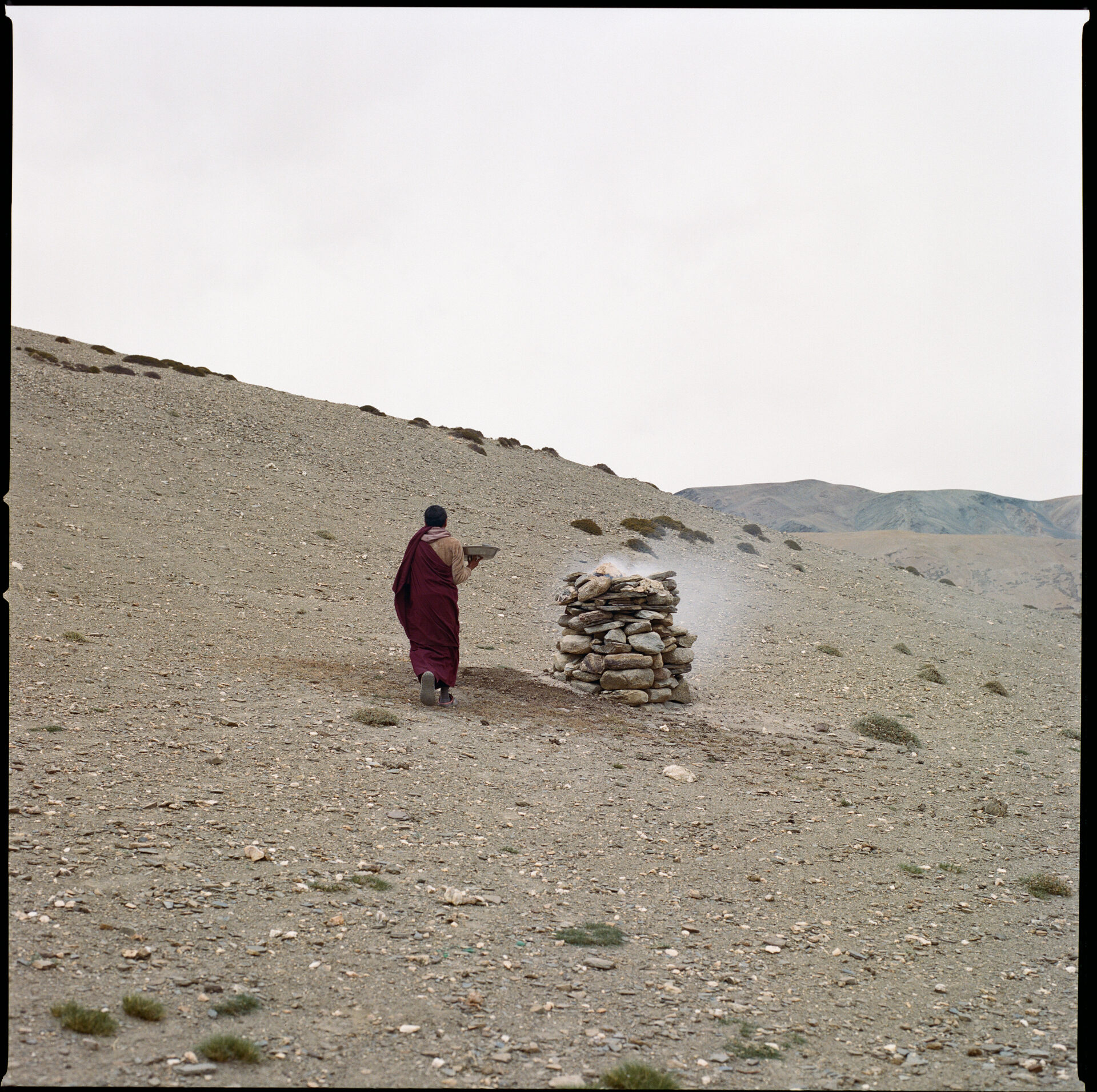
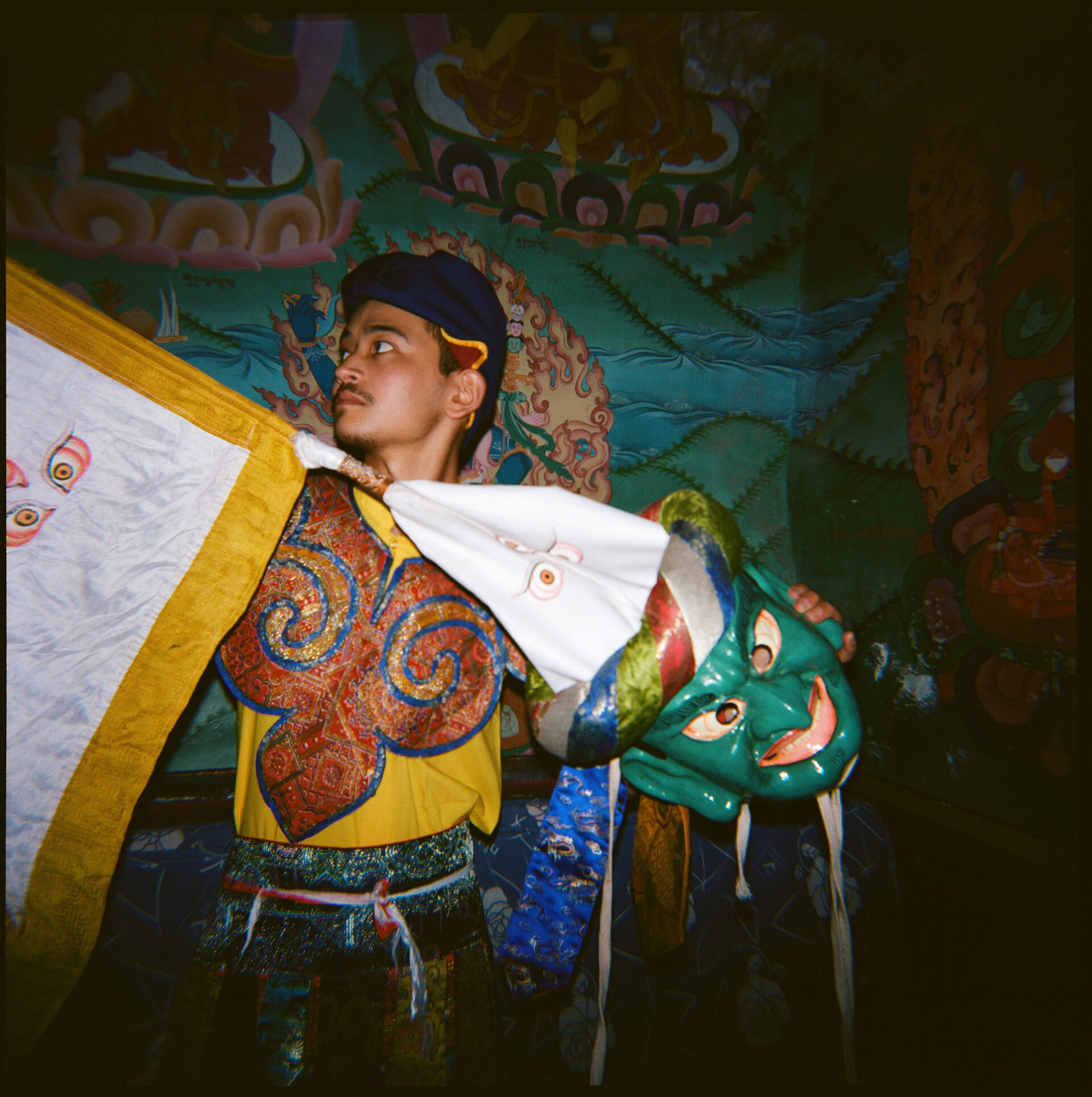
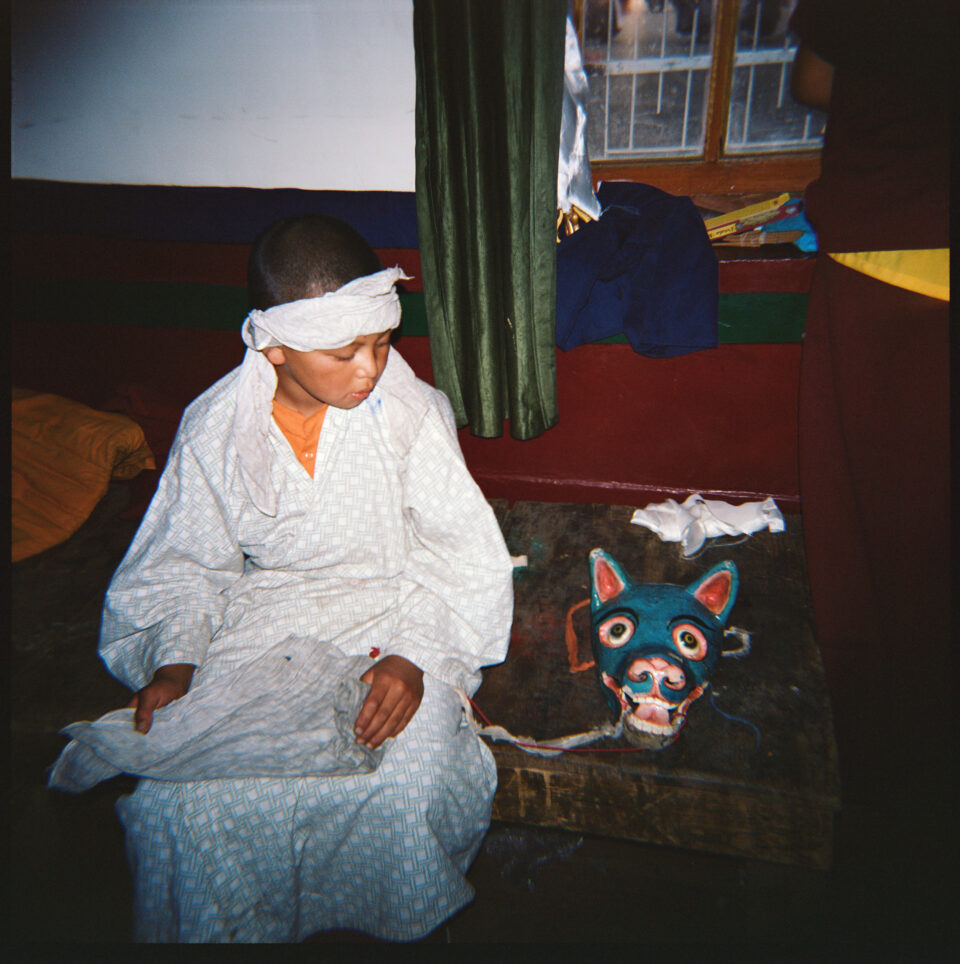
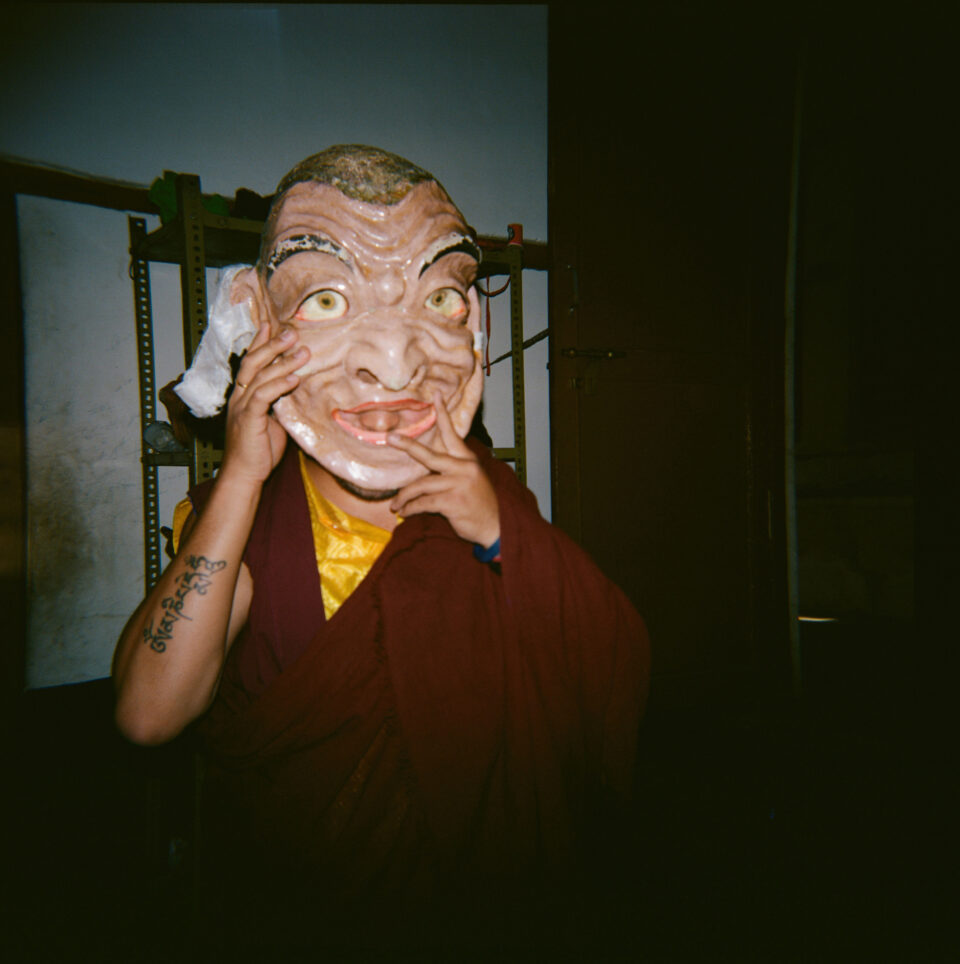
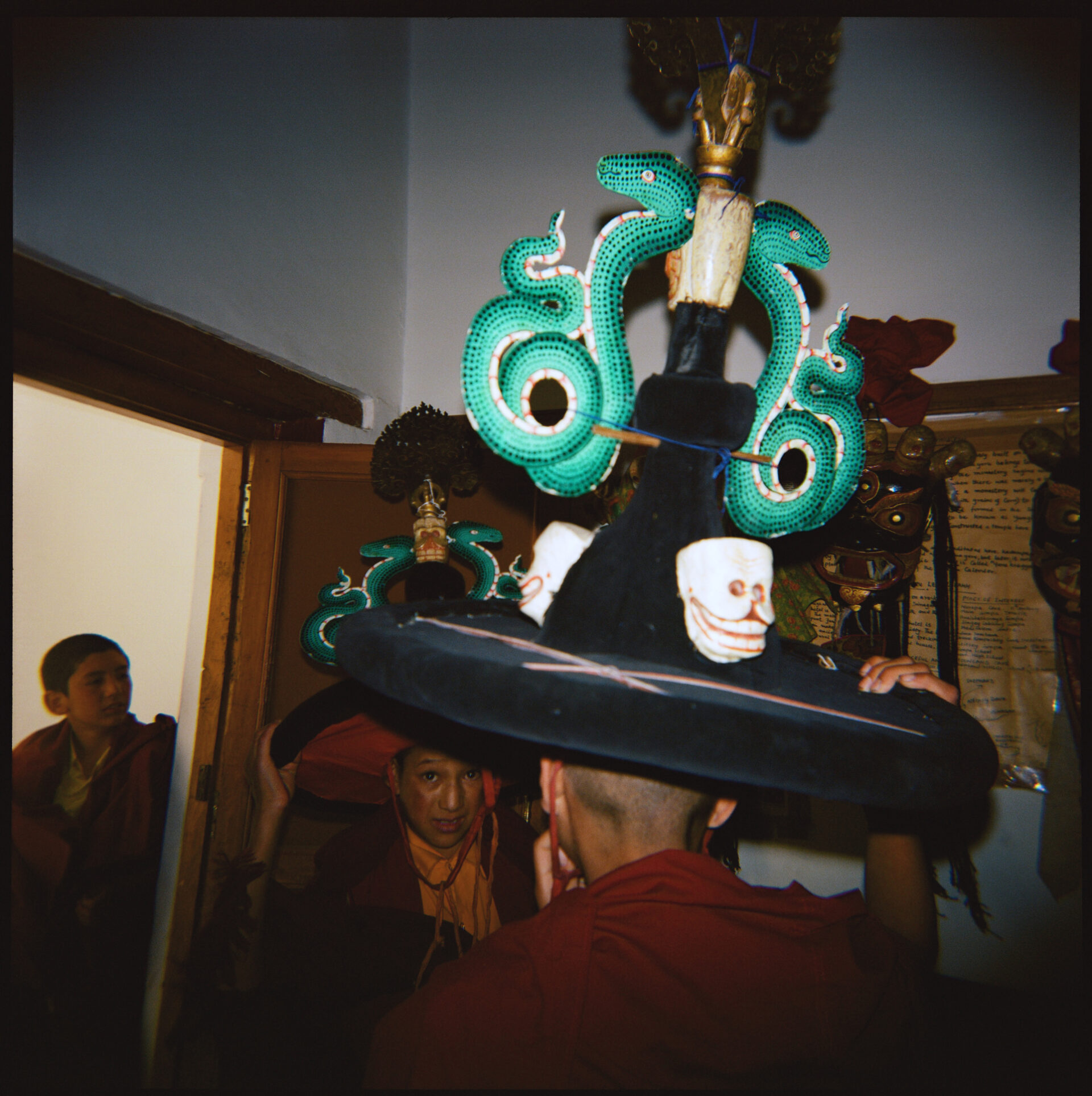
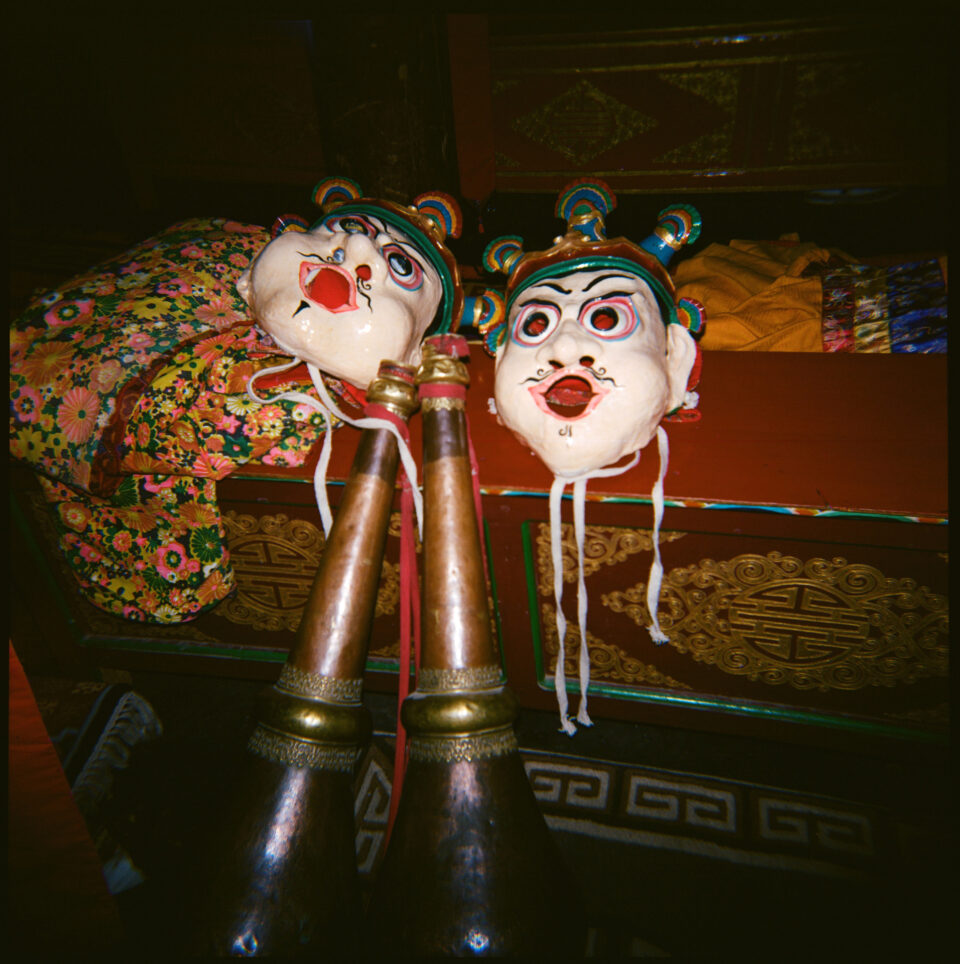
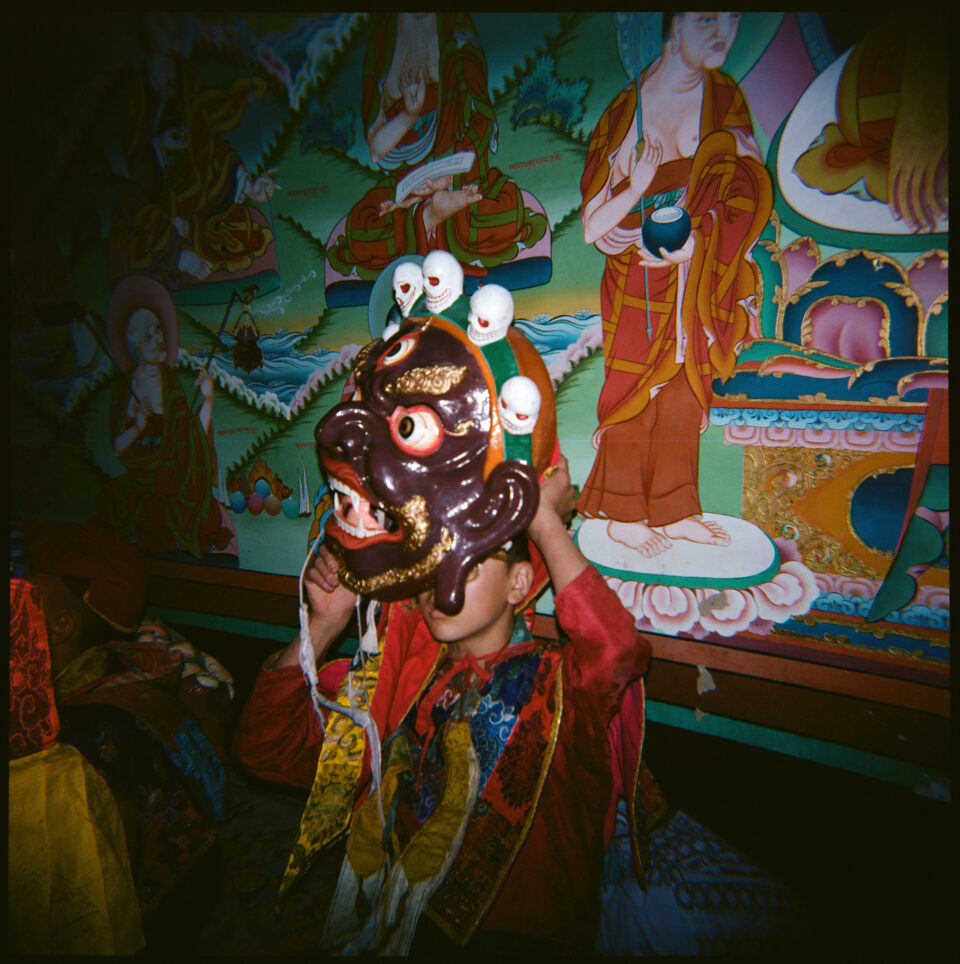
Ki Ki So So Lha Gyalo — a Tibetan phrase symbolizing a cry of courage and blessing, “May the gods be victorious” — echoes both the spirit of the people I portray and my own determination to preserve their stories. This project speaks to the human condition under ecological and geopolitical pressure, and to the universal search for hope, care, and resilience in times of profound change.
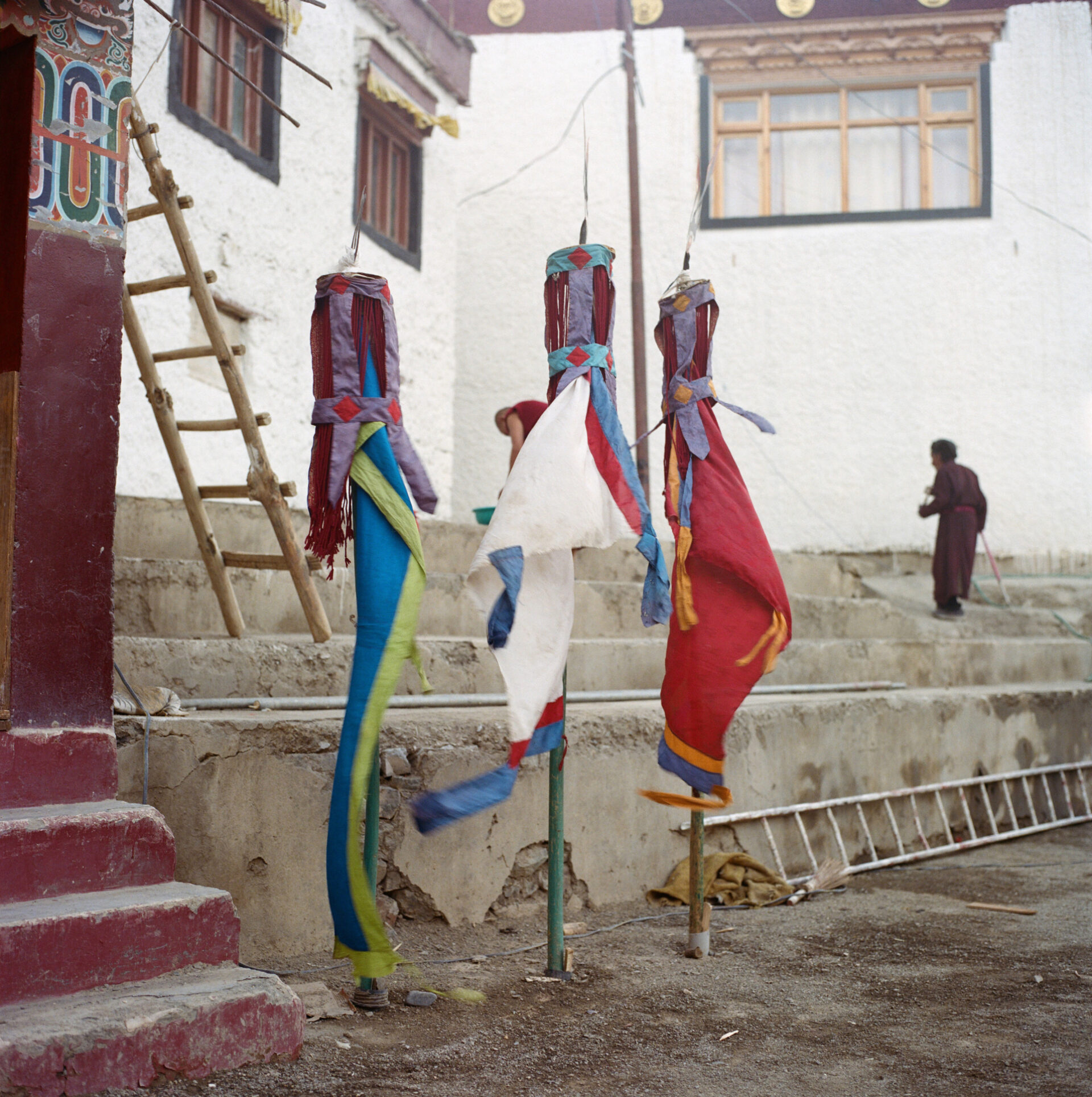
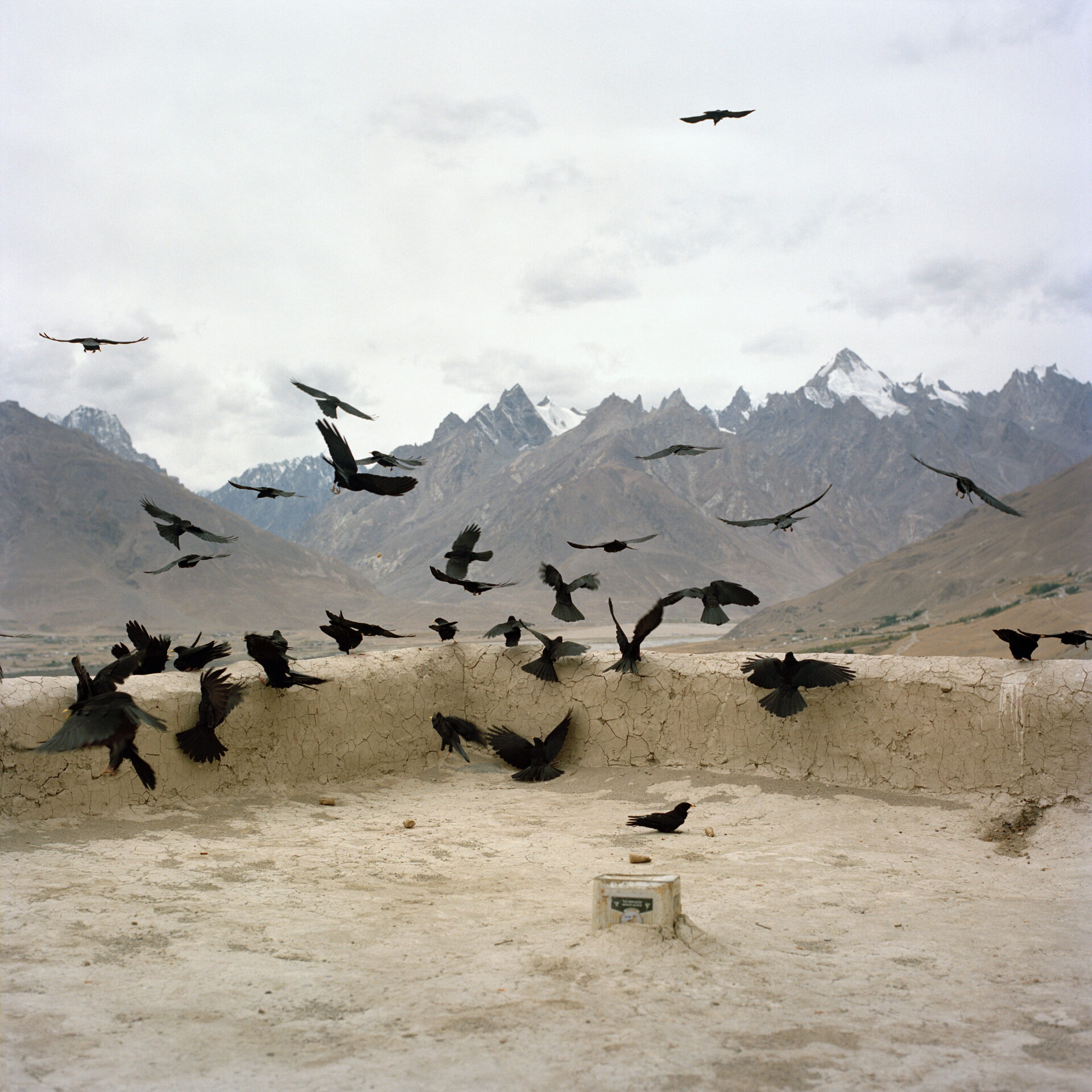
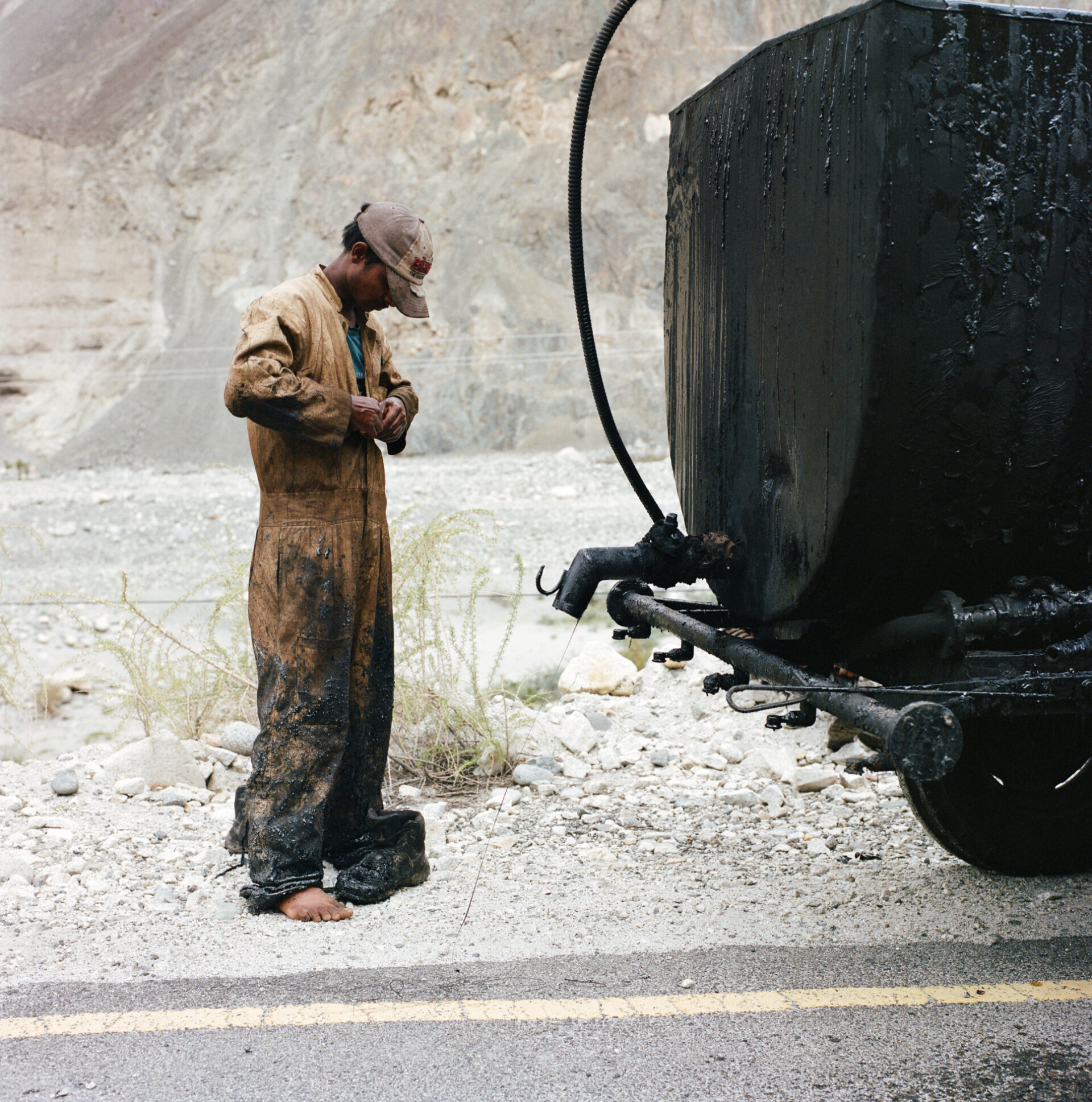
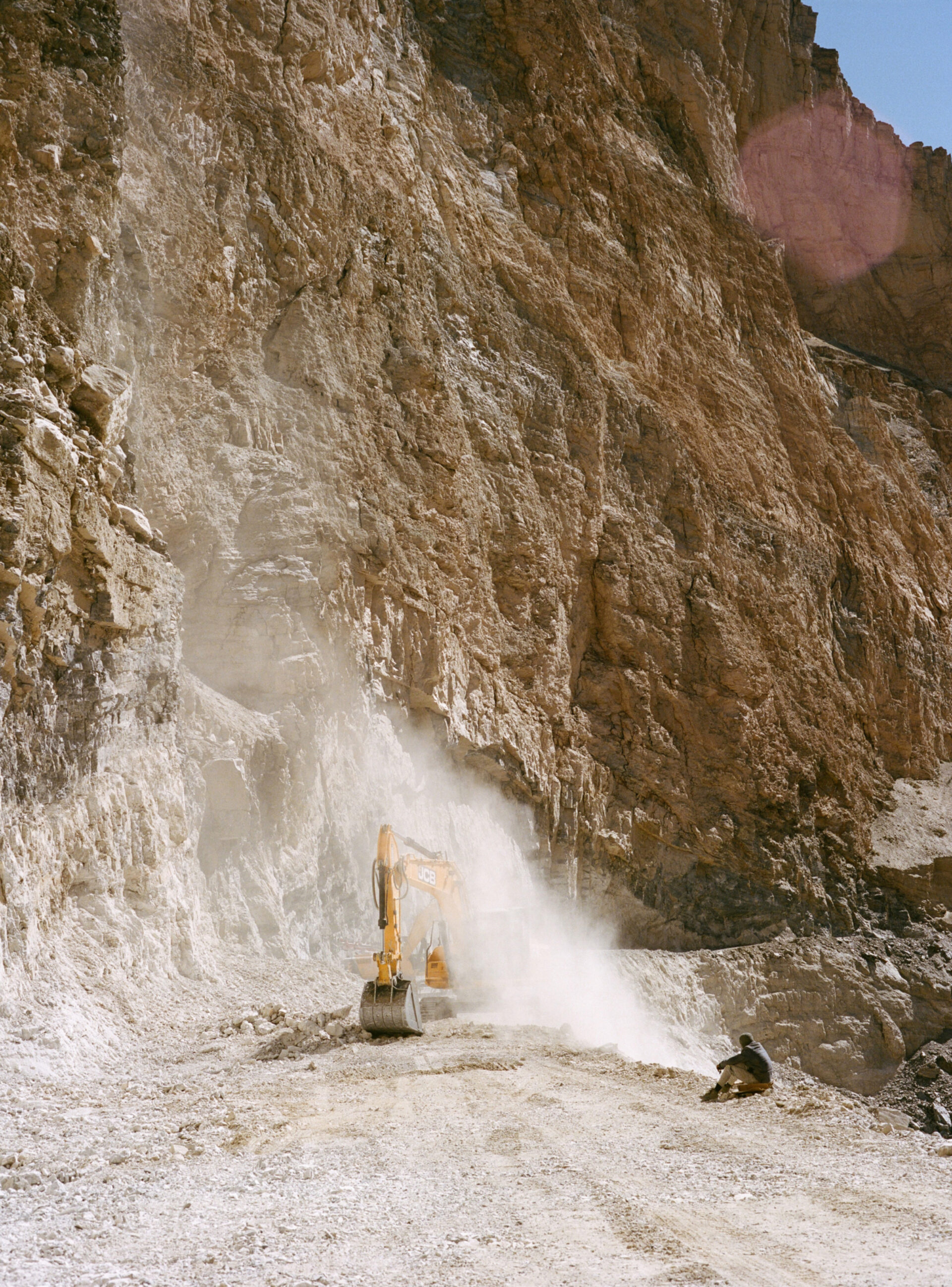
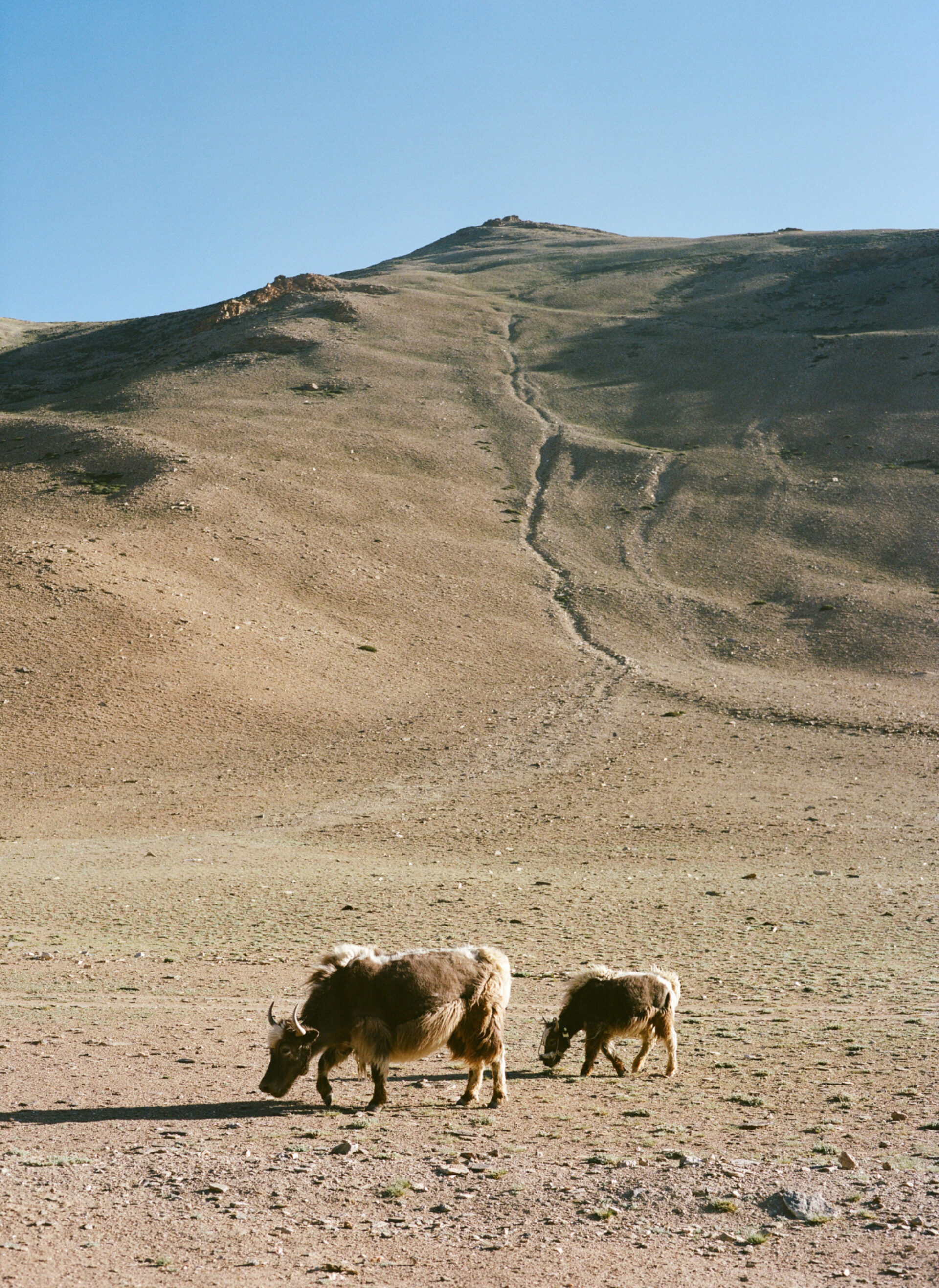
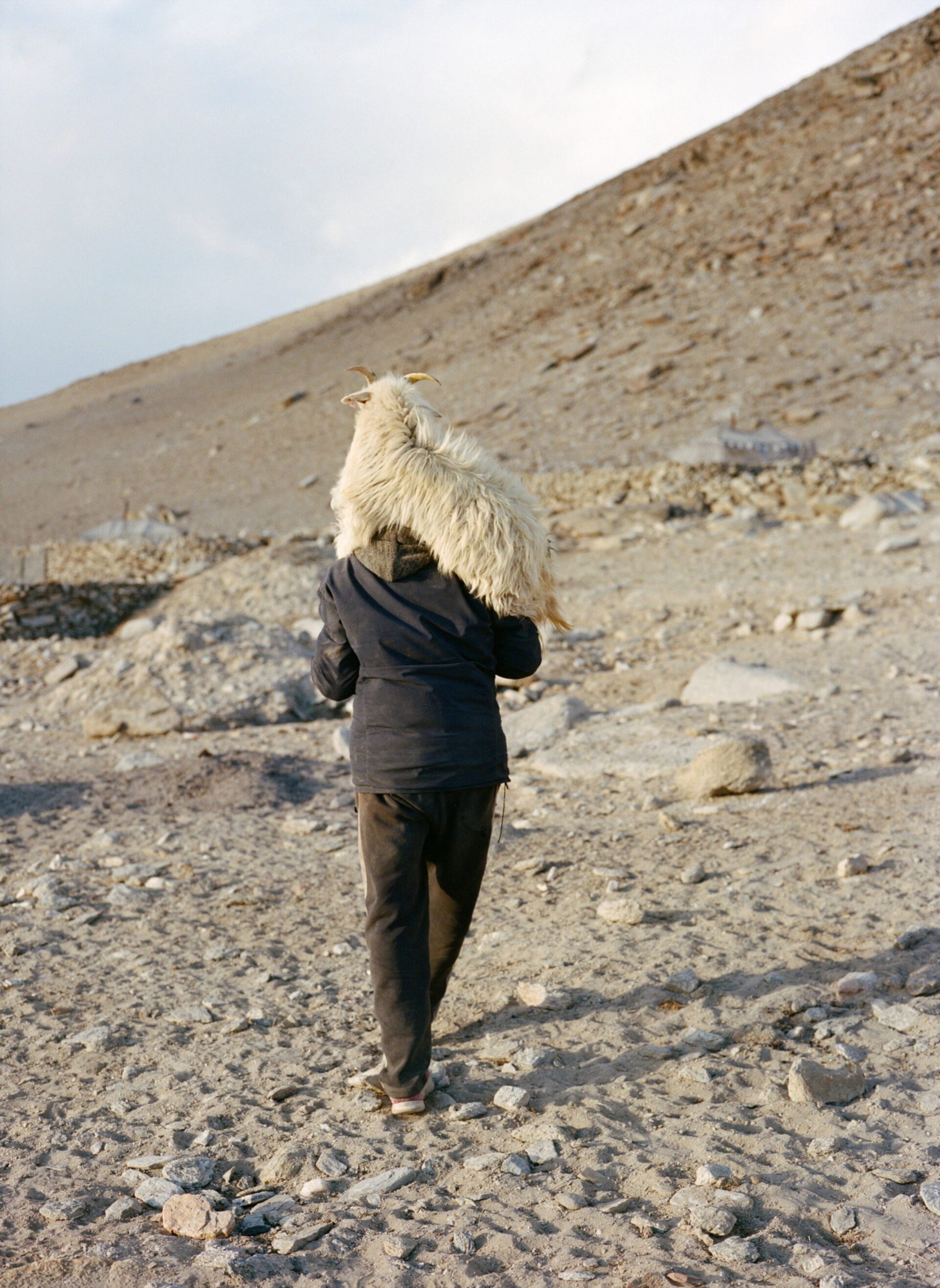
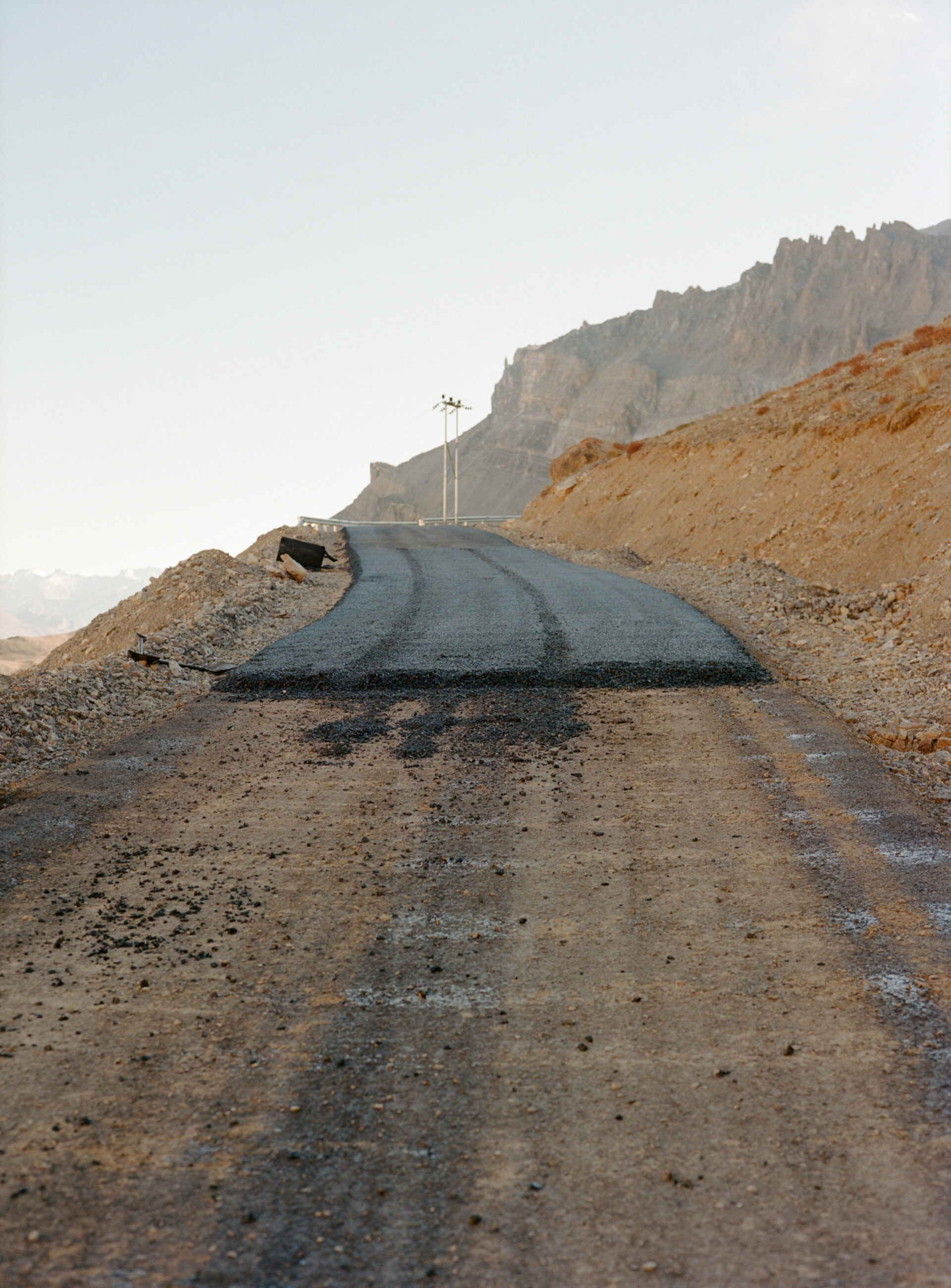
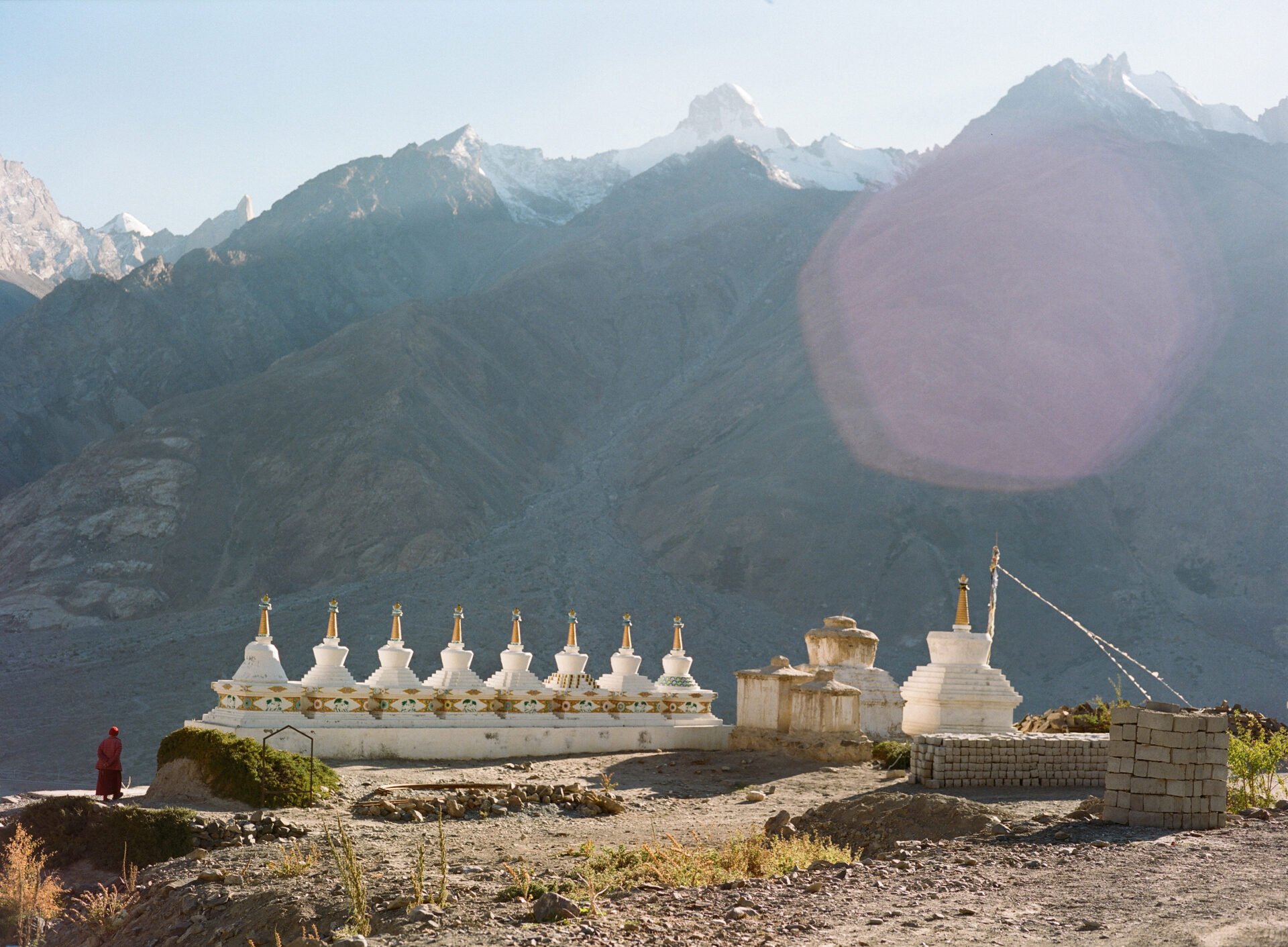
To be continued
